Creating a dedicated meditation space transforms your daily practice from a fleeting moment into a meaningful ritual. Whether you envision a serene corner bathed in natural light or a complete room devoted to mindfulness, the right environment can deepen your meditation experience and encourage consistent practice. Modern meditation rooms embrace diverse design philosophies, from minimalist Zen aesthetics that strip away distractions to bohemian sanctuaries rich with textures and global influences. The key lies in understanding that successful meditation spaces aren't about following rigid rules but rather creating an environment that resonates with your personal journey toward inner peace. Every element, from color psychology and lighting choices to furniture selection and aromatic elements, plays a crucial role in establishing the tranquil atmosphere that supports your meditation goals and daily wellness routine.
1. Zen Minimalist Meditation Room
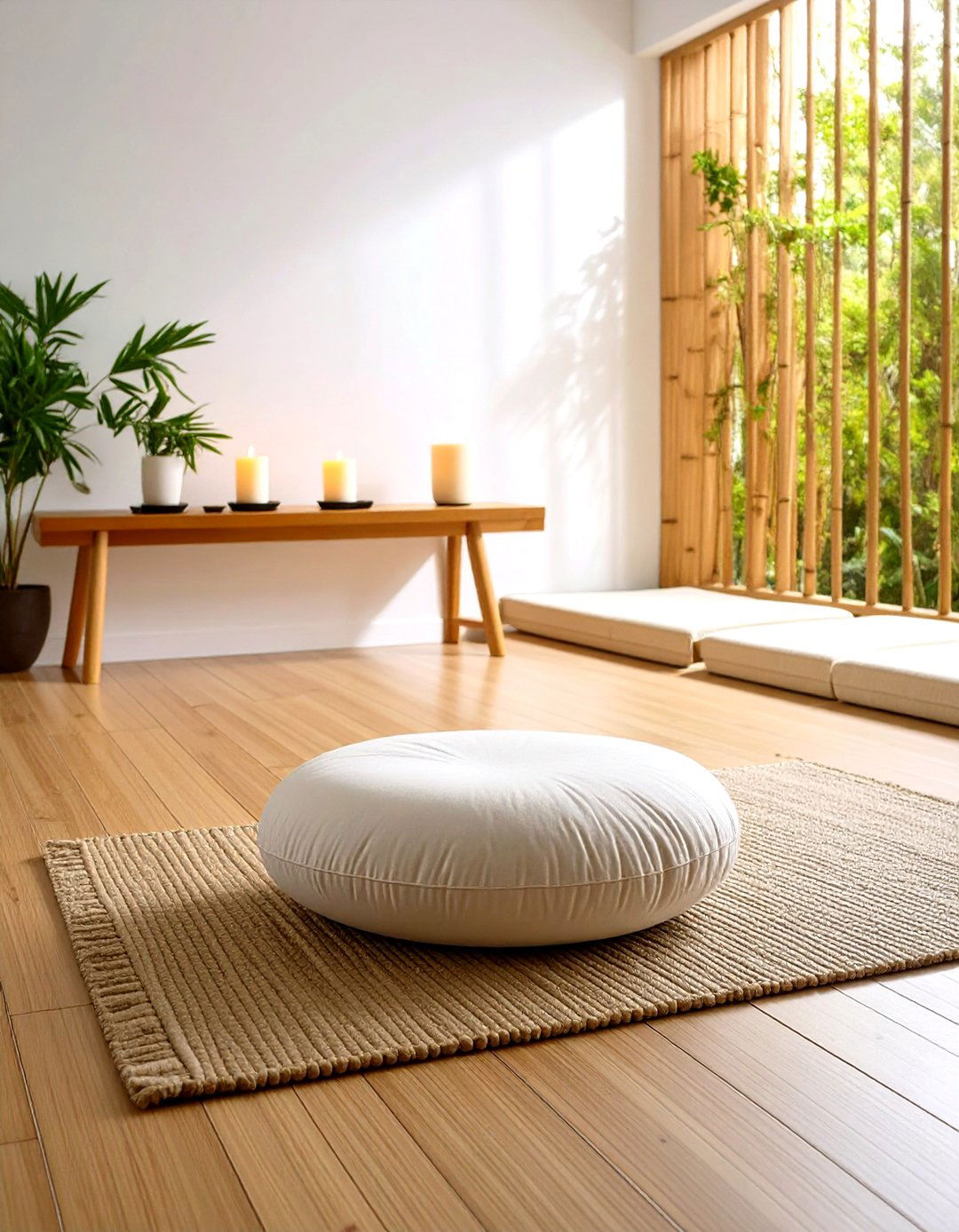
Can simplicity truly be the gateway to profound inner peace? This design philosophy embraces clean lines, neutral color palettes, and carefully curated elements that eliminate visual distractions. The foundation centers on warm bamboo or light hardwood flooring paired with crisp white or soft beige walls. Seating consists of a single meditation cushion or low wooden bench positioned on a natural fiber mat. The room features minimal furnishings—perhaps a small altar table holding a single candle or stone sculpture. Large windows allow natural light to flow freely, creating shadows that shift throughout the day. Storage remains hidden behind sleek cabinet doors, maintaining the uncluttered aesthetic essential for focused meditation practice.
2. Bohemian Meditation Sanctuary
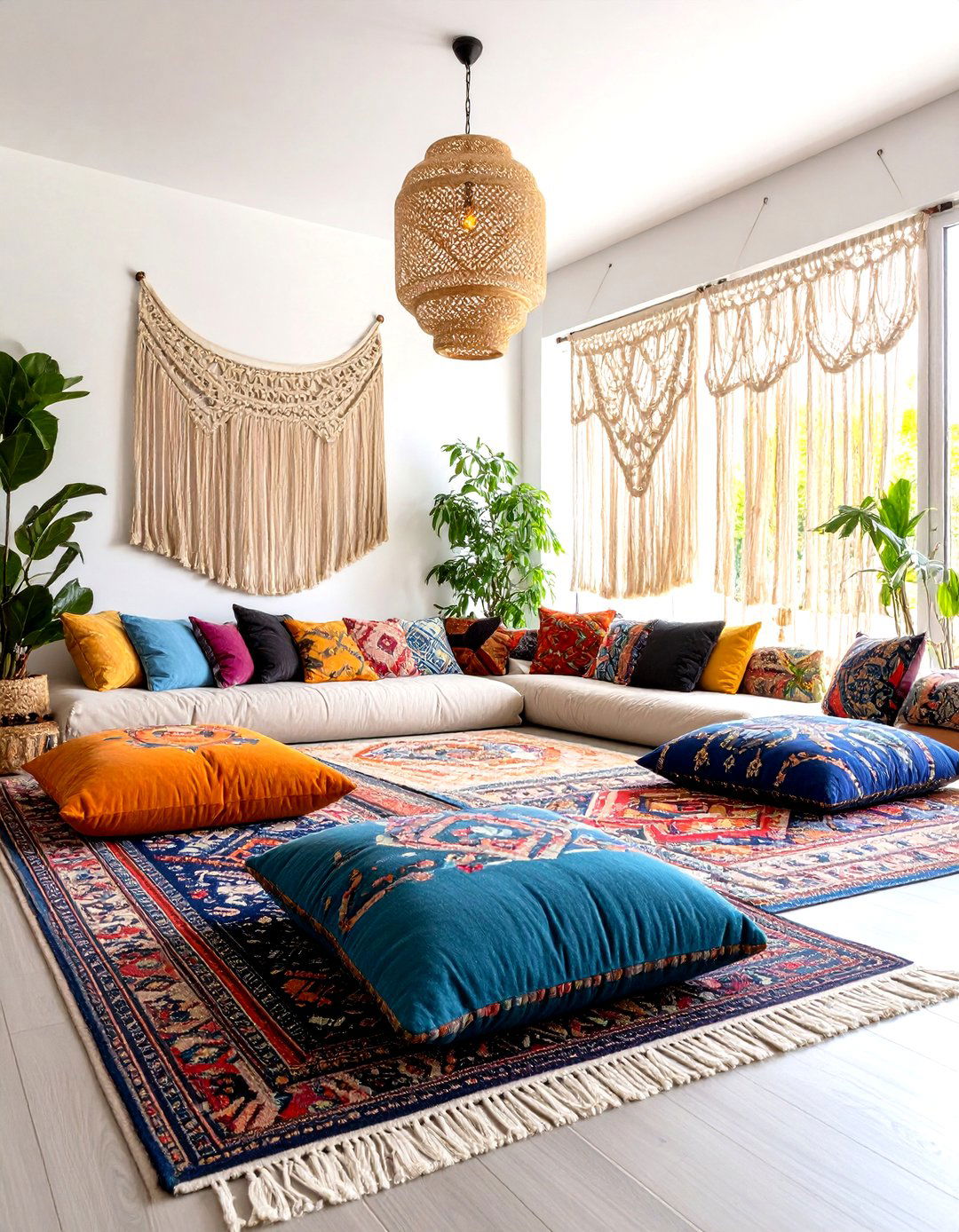
What happens when global wanderlust meets mindful practice? This eclectic approach weaves together vibrant textiles, exotic patterns, and culturally inspired artifacts from around the world. Rich jewel tones like deep purples, burnt oranges, and emerald greens create a cozy, artistic atmosphere. Floor cushions in varied patterns scatter across layered Persian or Moroccan rugs, while macramé wall hangings and beaded curtains add texture and movement. Low wooden tables display crystals, prayer beads, and small Buddha statues collected from travels. String lights or pendant lanterns provide warm, ambient illumination. Plants in ceramic pots bring natural elements into this creative space that celebrates personal expression and spiritual exploration.
3. Natural Wood Meditation Space
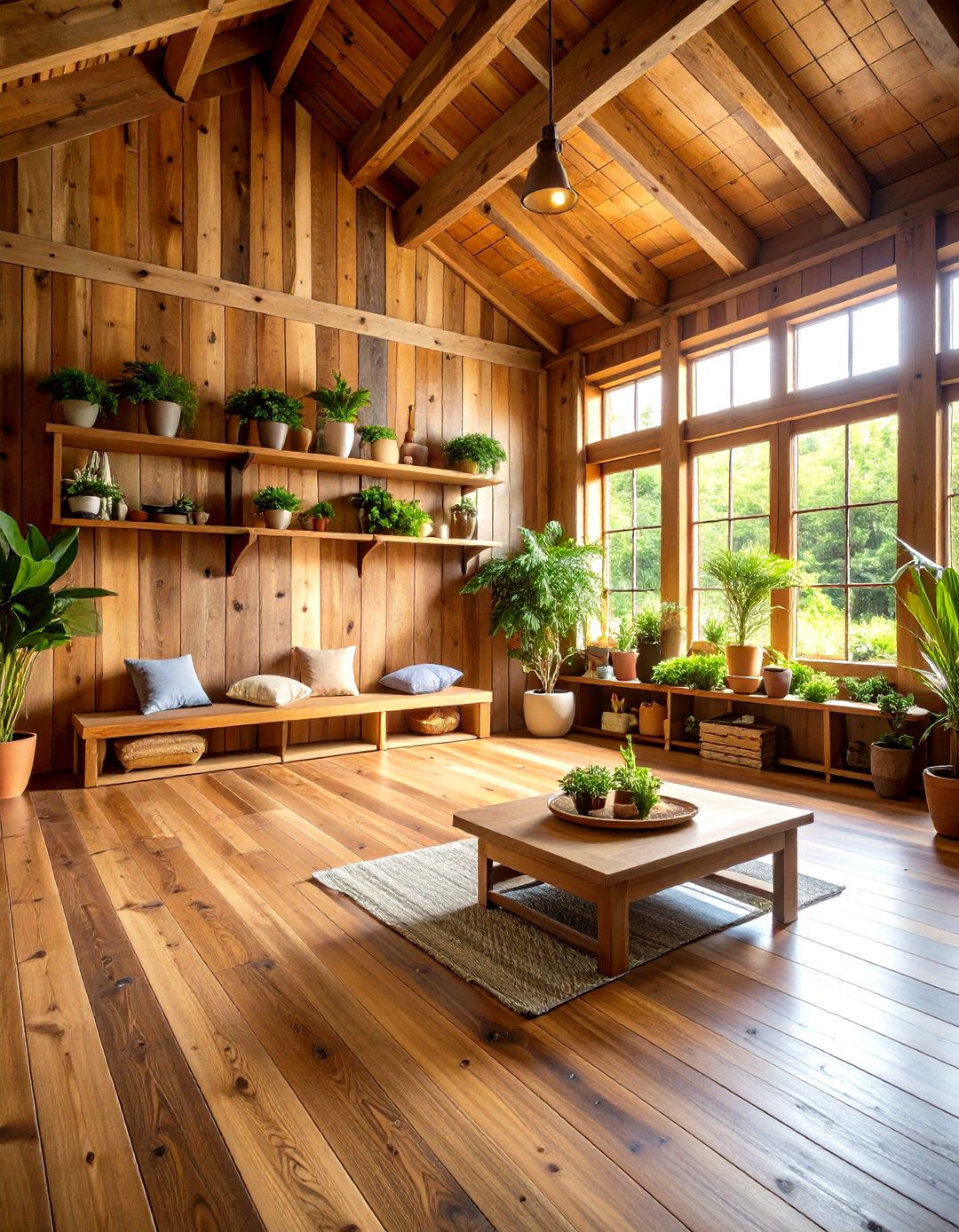
How does connecting with nature's raw beauty enhance meditation depth? This design celebrates wood in all its forms, from reclaimed barn walls to polished hardwood floors. Rich honey and walnut tones create a grounding, earthy atmosphere that immediately calms the nervous system. A handcrafted wooden meditation bench or tree stump serves as seating, while live-edge shelving displays small plants and natural stones. Large windows frame views of gardens or trees, blurring the boundary between indoor and outdoor spaces. Soft wool throws in neutral colors provide comfort, while the natural wood grain patterns offer contemplative focal points. Essential oil diffusers with cedar or sandalwood scents complete this organic sanctuary.
4. White Serenity Meditation Room
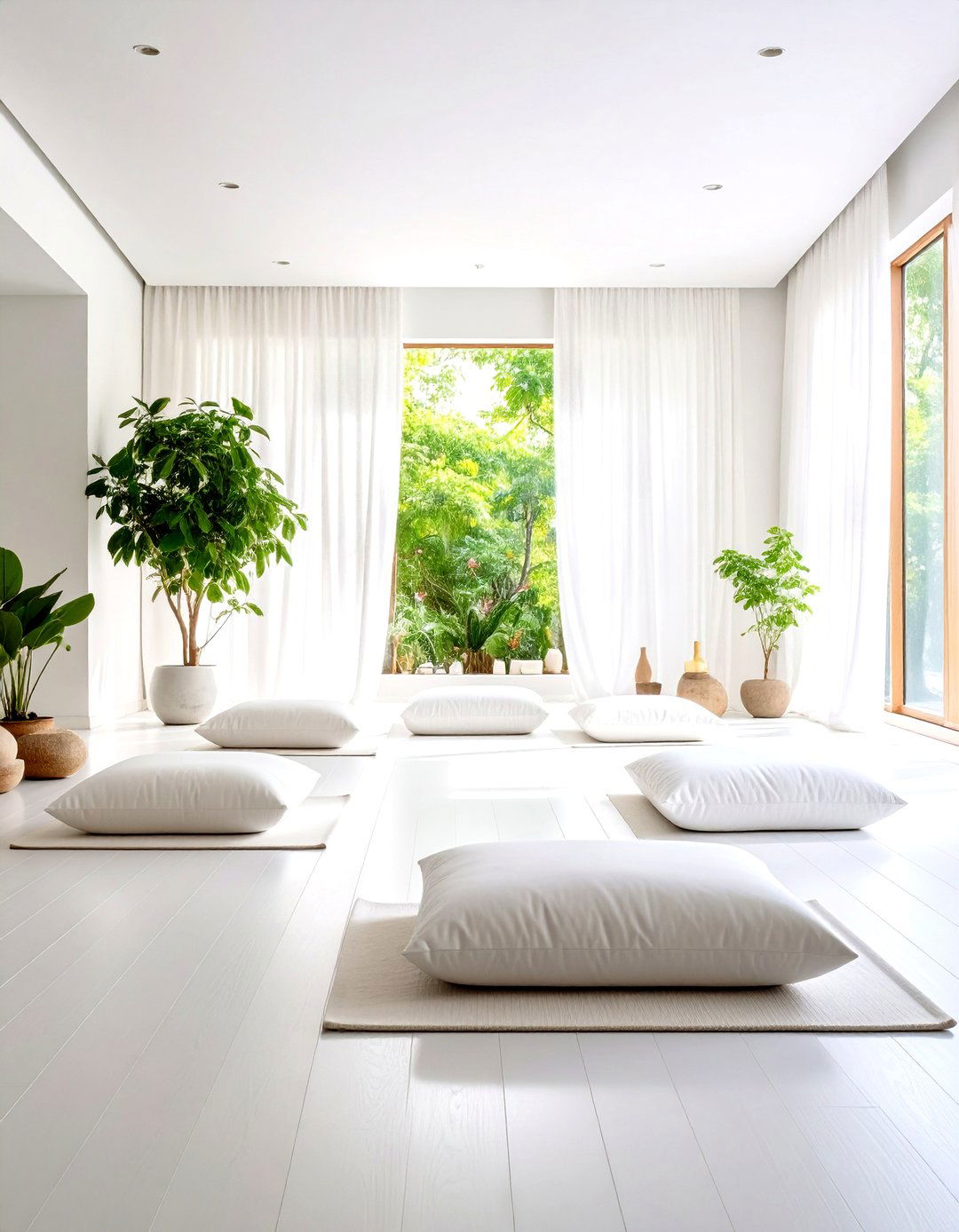
Does pure white create the ultimate blank canvas for inner exploration? This monochromatic approach uses various shades of white and cream to establish a sense of infinite space and mental clarity. Painted walls in soft white provide the backdrop for white meditation cushions and flowing white curtains. Natural light becomes the primary design element, streaming through large windows and reflecting off polished white floors. Subtle textures distinguish elements—think white sheepskin rugs, linen fabrics, and ceramic vessels. A single green plant or small water feature adds the minimal color needed to prevent sterility. This pristine environment encourages the mind to release external concerns and focus purely on inner awareness and breathing patterns.
5. Garden View Meditation Corner

Why settle for artificial peace when nature provides the perfect meditation soundtrack? This design maximizes connection to outdoor spaces through strategic window placement and garden-facing orientation. A comfortable window seat with plush cushions becomes the primary meditation spot, offering panoramic views of greenery, flowers, or water features. Glass doors open to extend the space onto patios or decks during pleasant weather. Indoor plants mirror outdoor vegetation, creating seamless transitions between environments. Natural materials like wicker furniture and jute rugs complement the organic theme. The changing seasons provide dynamic visual meditation, while fresh air circulation enhances the cleansing aspects of mindfulness practice.
6. Basement Meditation Retreat
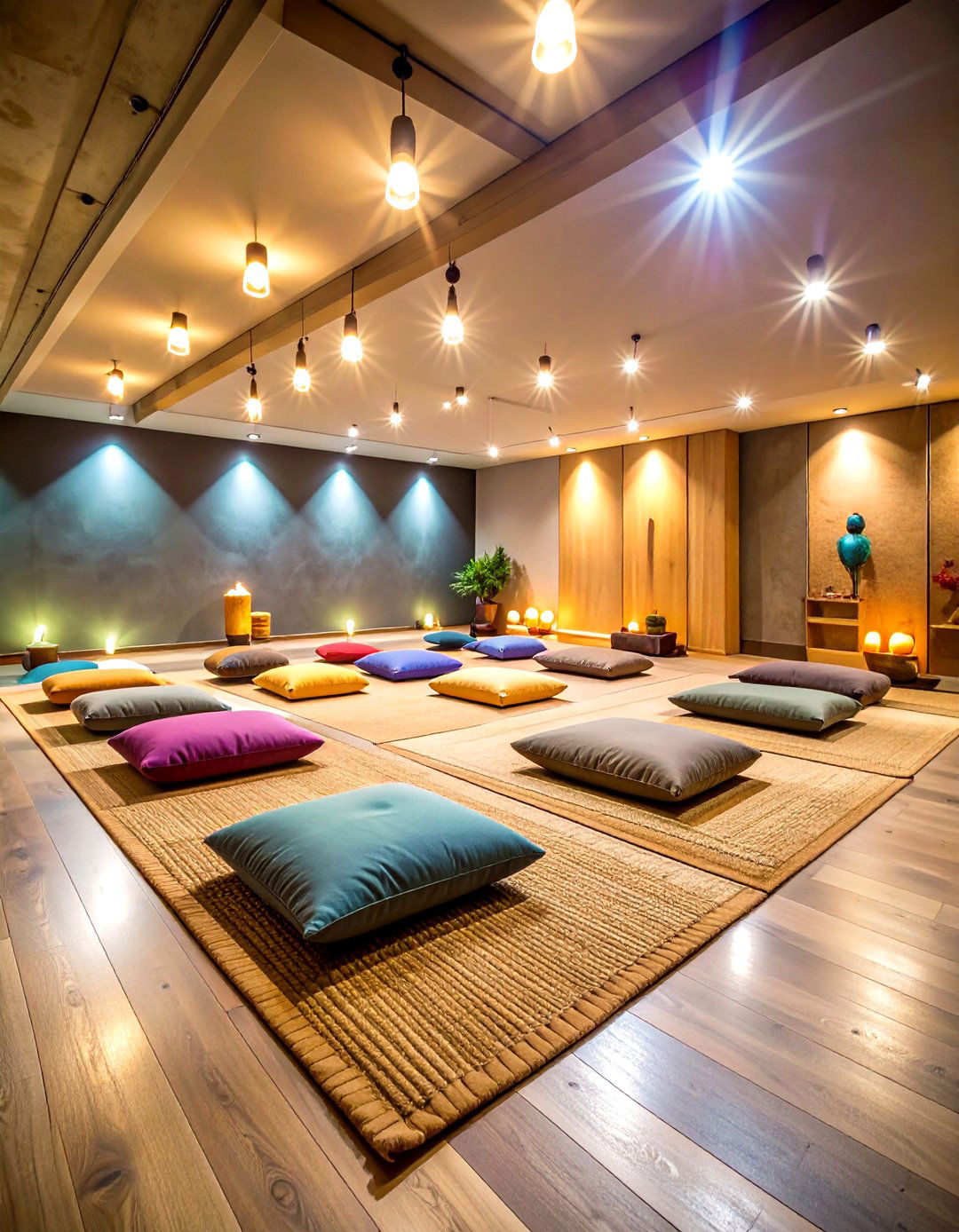
Can underground spaces become sanctuaries for elevated consciousness? This transformation approach converts often-forgotten basement areas into profound meditation retreats. Deep earth tones like chocolate brown and forest green create cocoon-like intimacy, while strategic lighting compensates for limited natural illumination. Sound-absorbing materials like thick rugs and fabric wall hangings provide exceptional acoustic privacy. Low ceilings enhance the sense of protection and enclosure that many find conducive to deep meditation. Dehumidifiers maintain comfort, while small space heaters ensure warmth during cooler months. The underground location offers complete separation from household activities, creating ideal conditions for uninterrupted contemplative practices and extended meditation sessions.
7. Walk-in Closet Meditation Space
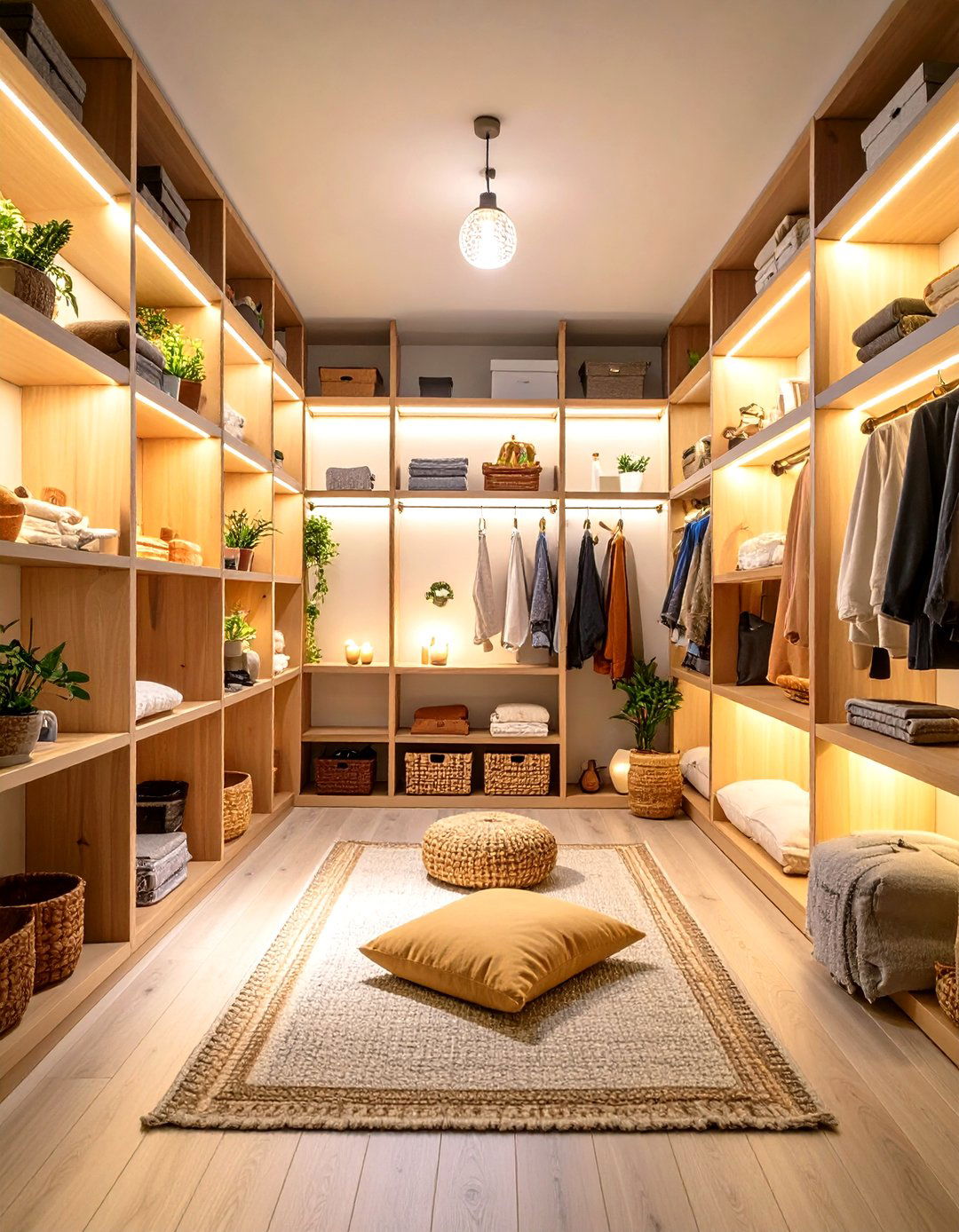
Who says luxury requires square footage when intimacy creates its own richness? This creative solution transforms underutilized closet space into a personal meditation sanctuary. Built-in shelving displays meaningful objects like crystals, photographs, and spiritual books, while the enclosed walls provide natural sound dampening. A single meditation cushion fits perfectly within most walk-in spaces, surrounded by soft lighting from battery-operated candles or small lamps. Hanging organizers store meditation supplies like journals, prayer beads, and essential oils. The private, enclosed nature of closet spaces appeals to those seeking complete separation from household distractions. Easy door closure creates instant boundaries, signaling to family members and yourself that this time remains sacred and protected.
8. Bedroom Meditation Nook
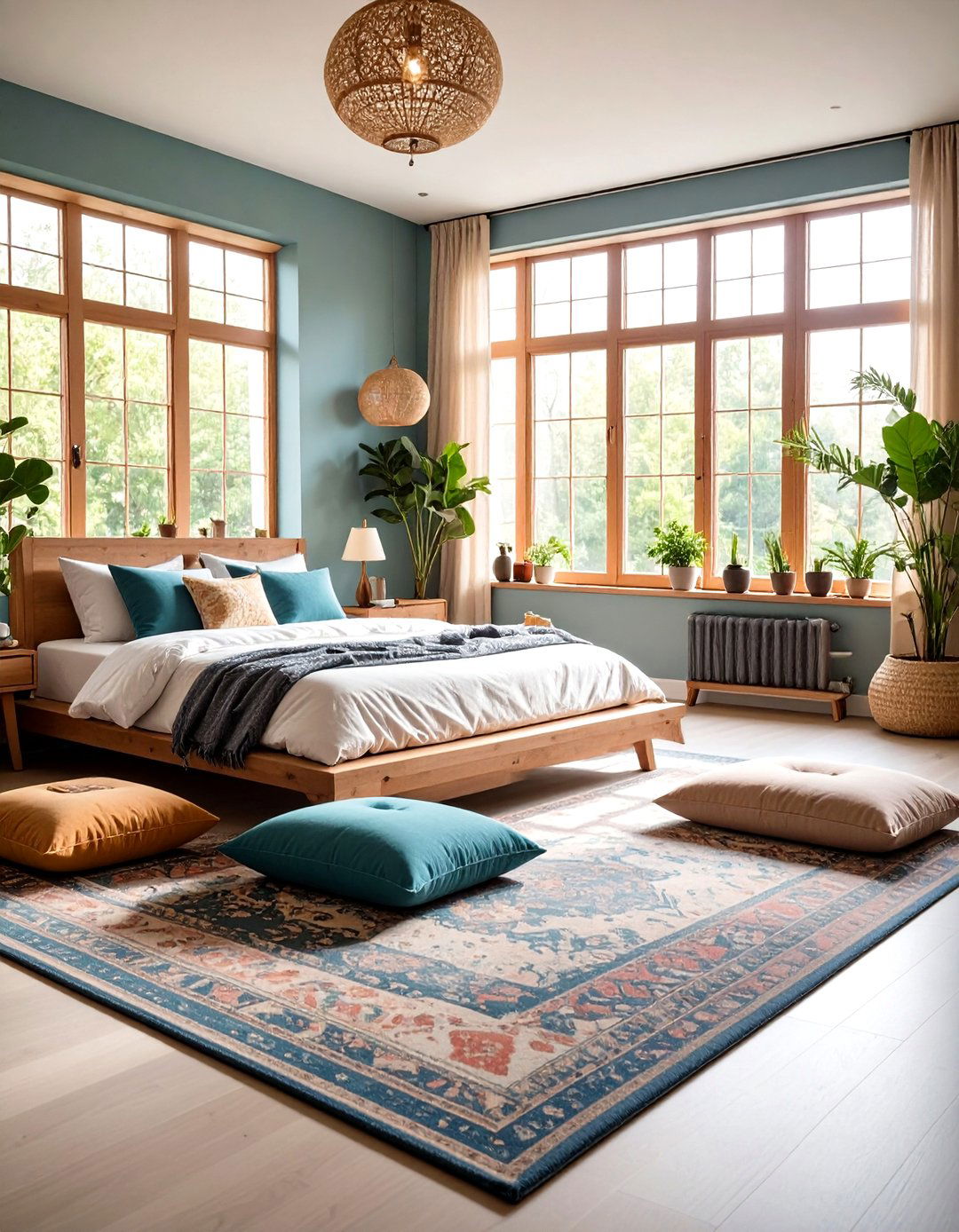
How can morning meditation become as natural as reaching for your coffee? This dual-purpose design creates a dedicated meditation corner within existing bedroom space. A small area rug defines the meditation zone, typically positioned near windows for natural morning light. Low-profile furniture like floor cushions or a meditation bench ensures the space doesn't interfere with bedroom functionality. A bedside table doubles as storage for meditation supplies, while bedroom decor transitions seamlessly into meditation-friendly elements. Soft, muted colors promote both restful sleep and peaceful meditation. The proximity to your bed makes early morning or bedtime meditation practices incredibly convenient, helping establish consistent daily routines that support overall wellness.
9. Living Room Meditation Corner

What transforms a busy family space into a peaceful retreat? This integration approach carves out meditation territory within high-traffic living areas. A designated corner features a small meditation cushion or chair that can be easily moved when entertaining. Folding screens or tall plants create visual boundaries without permanent structural changes. Storage ottomans hide meditation supplies while serving double duty as extra seating. Soft throw blankets and pillows transition the space between meditation and relaxation modes. Strategic lighting options include table lamps with dimmer switches for evening practice. The challenge lies in training family members to respect meditation time, but the convenience of not needing a separate room often outweighs territorial compromises.
10. Outdoor Meditation Garden
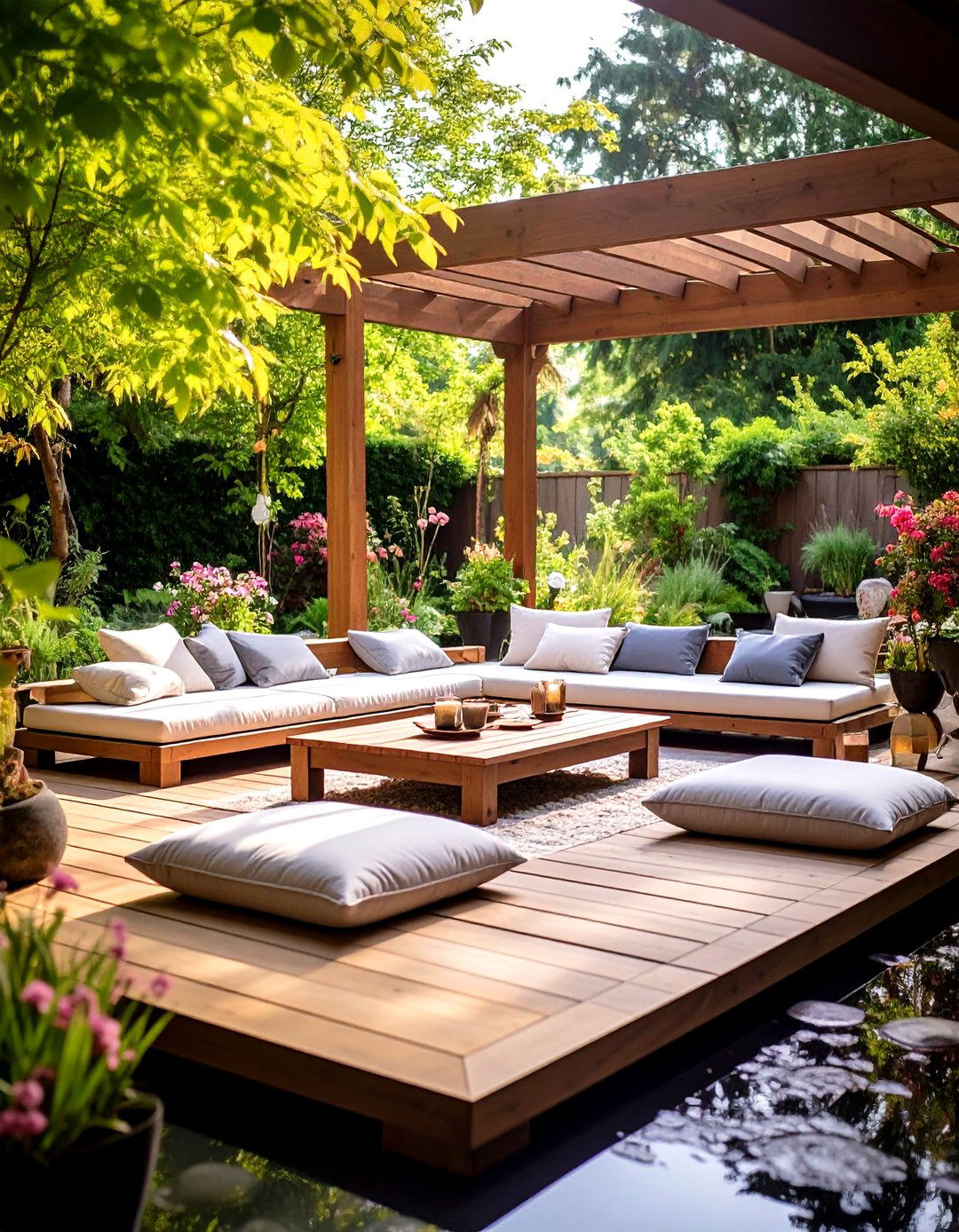
Does fresh air amplify meditation benefits beyond what indoor spaces can provide? This natural sanctuary embraces all four seasons and weather patterns as part of the contemplative experience. A level platform or deck provides stable seating, surrounded by carefully chosen plants that offer visual interest throughout the year. Water features like small fountains mask urban noise while providing soothing background sounds. Weather-resistant cushions and blankets accommodate various seasonal conditions, while overhead coverings like pergolas offer shade during intense sun. The constantly changing natural environment—bird songs, rustling leaves, shifting cloud patterns—becomes part of meditation rather than distraction. Evening sessions under stars create particularly profound experiences that indoor spaces simply cannot replicate.
11. Attic Meditation Loft

Can elevated spaces literally lift your meditation practice to new heights? This upward transformation utilizes often-wasted attic space for creating sky-high sanctuaries. Slanted ceilings create cozy, cocoon-like intimacy, while skylights provide dramatic natural lighting that changes throughout the day. Proper insulation ensures year-round comfort, while strategic ventilation prevents stuffiness. Low-profile furniture accommodates slanted rooflines, with floor cushions and meditation benches working particularly well. The elevation provides natural separation from household noise and activity. Storage built into eaves keeps meditation supplies organized without cluttering the space. The unique architecture of attic spaces—exposed beams, interesting angles, dormer windows—creates distinctive character that makes meditation time feel special and separate from ordinary daily routines.
12. Blue Tranquility Meditation Room
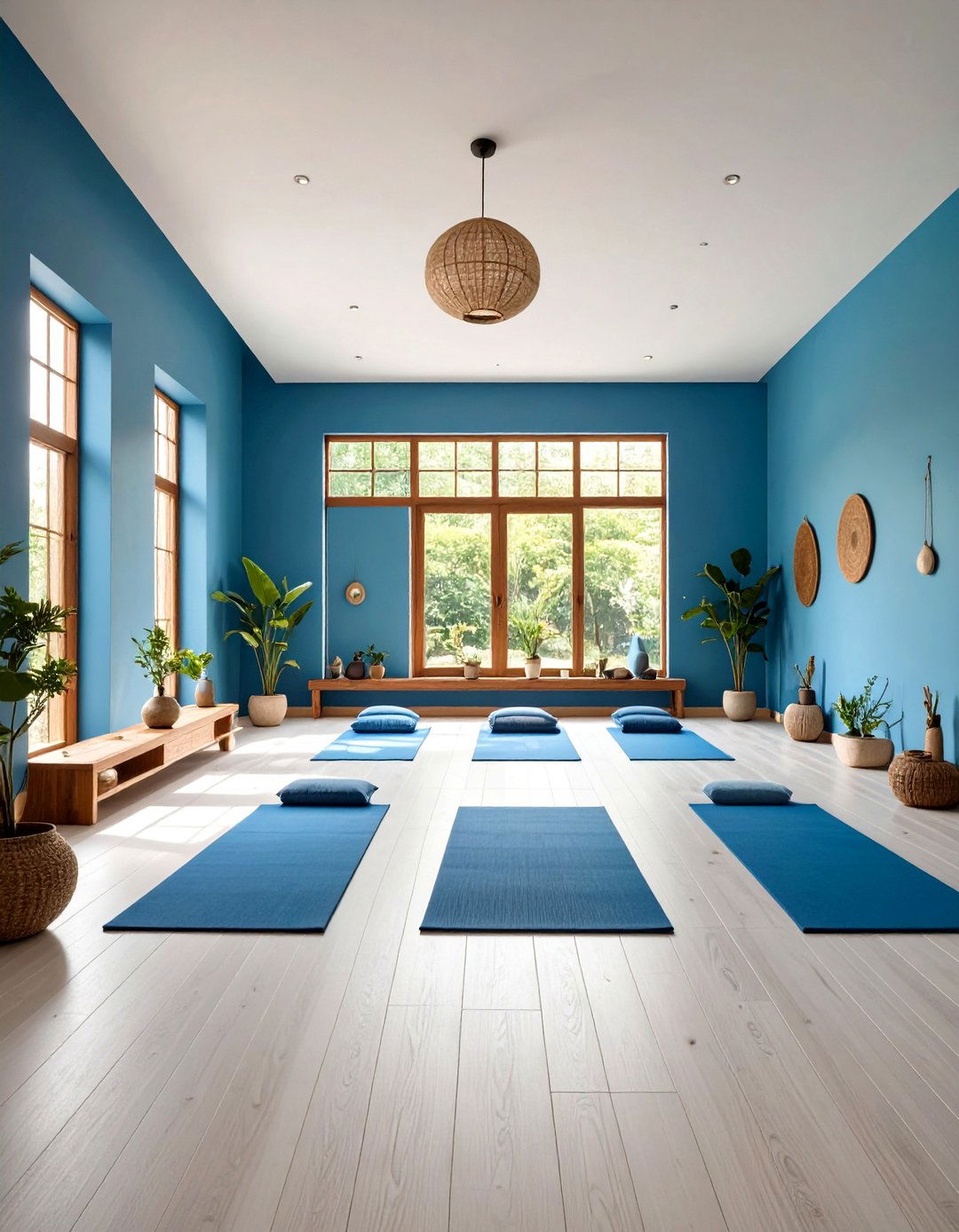
How does color psychology influence meditation depth when every surface embraces calming azure tones? This monochromatic approach uses various shades of blue to create oceanic serenity that naturally slows breathing and heart rate. Soft powder blue walls provide the foundation, while deeper navy accents in cushions and throws add visual depth. Natural textures prevent the space from feeling cold—think white-washed wood floors, cream-colored rugs, and linen fabrics. Large windows maximize natural light, which makes blue tones appear fresh rather than dark. A small water feature or aquarium enhances the aquatic theme while providing gentle sound therapy. The consistent color palette eliminates visual decision-making, allowing the mind to settle more quickly into meditative states.
13. Earth Tone Meditation Space
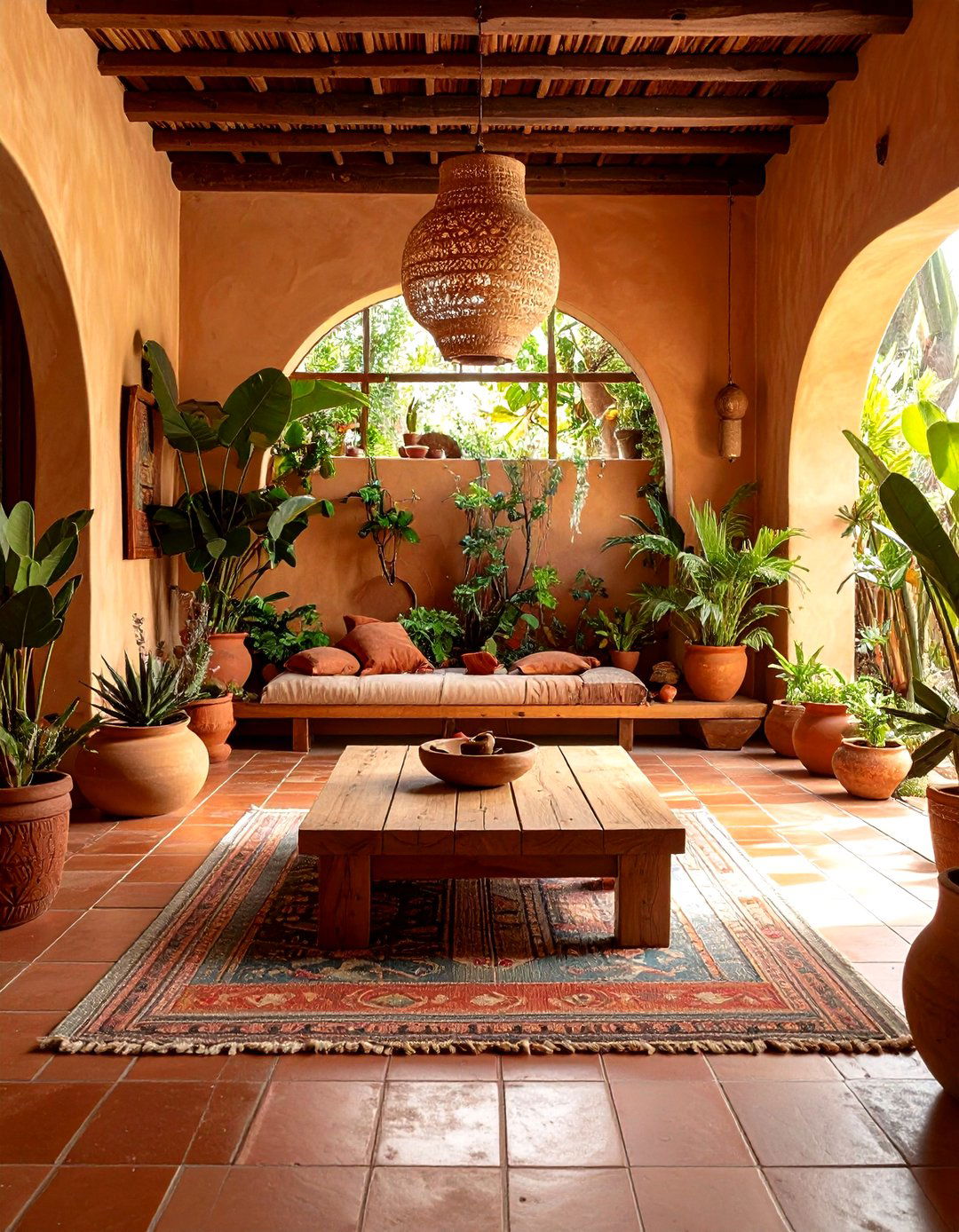
What happens when your meditation room echoes the grounding energy of forest floors and desert landscapes? This natural palette combines warm browns, soft tans, and muted greens to create an atmosphere that immediately connects you to earth's stability. Terra cotta tiles or rich hardwood floors provide warm foundations, while walls in mushroom or sage tones complement rather than compete with natural elements. Furniture emphasizes organic materials—wooden meditation benches, stone sculptures, and clay vessels for plants or water. Textiles in hemp, linen, and wool add comfort while maintaining the natural theme. The consistent earth-based color scheme reduces mental stimulation, encouraging the nervous system to relax and the mind to settle into contemplative states more easily.
14. Candlelit Meditation Chamber
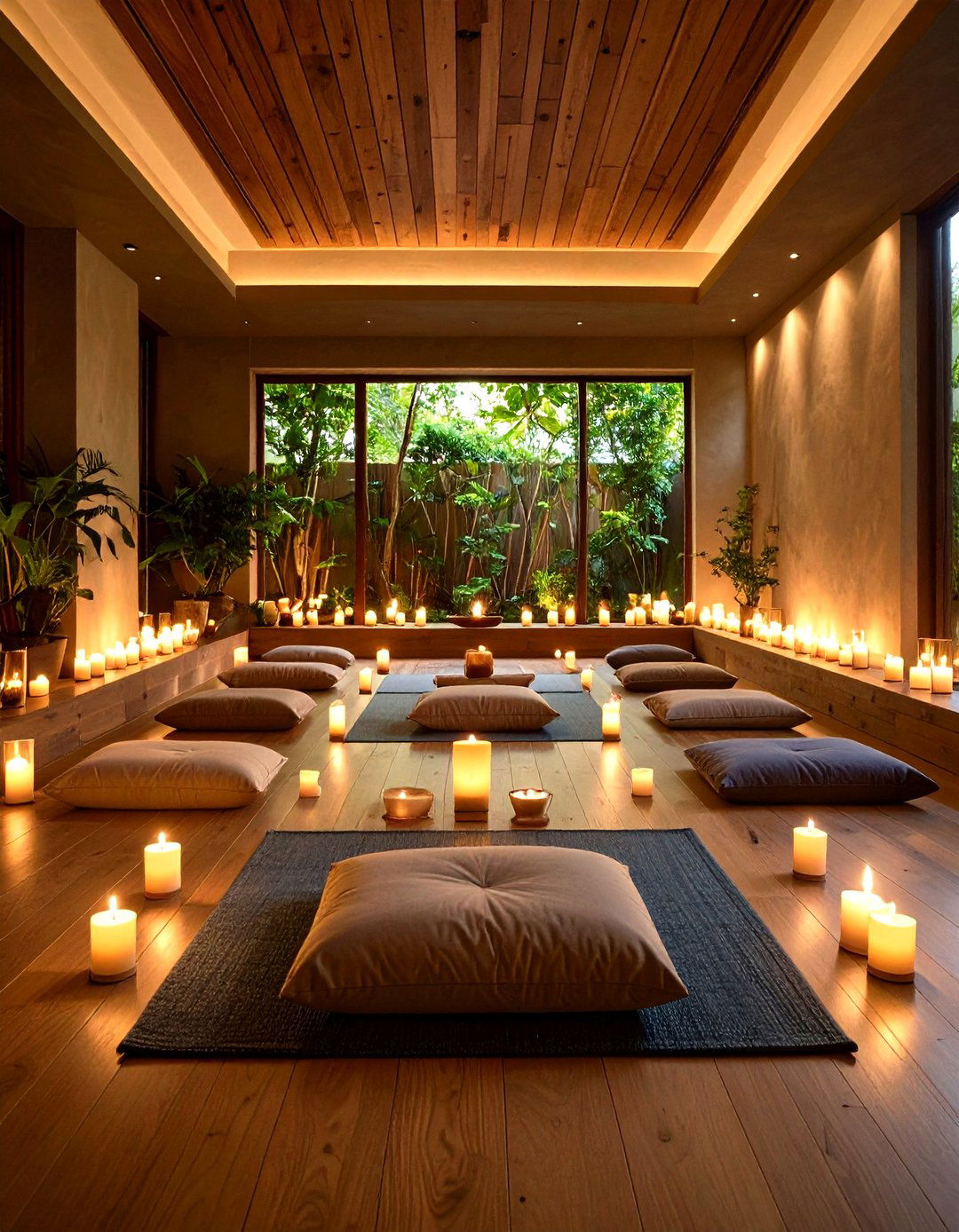
Can flickering flames create the perfect ambiance for inner illumination? This atmospheric approach relies primarily on candles for lighting, creating a sacred, temple-like environment that separates meditation time from ordinary daily activities. Multiple candles at varying heights—floor candles, table candles, and wall-mounted holders—provide gentle, warm illumination that naturally calms the nervous system. Dark walls in deep purple or charcoal create dramatic contrast, while the soft light dances across surfaces. Safety considerations include proper candle holders, fire-resistant surfaces, and never leaving candles unattended. The ritual of lighting candles signals the beginning of practice, while the hypnotic flame movement provides a natural focal point for concentration techniques. Scented candles with lavender or sandalwood enhance the sensory meditation experience.
15. Plant-filled Meditation Oasis
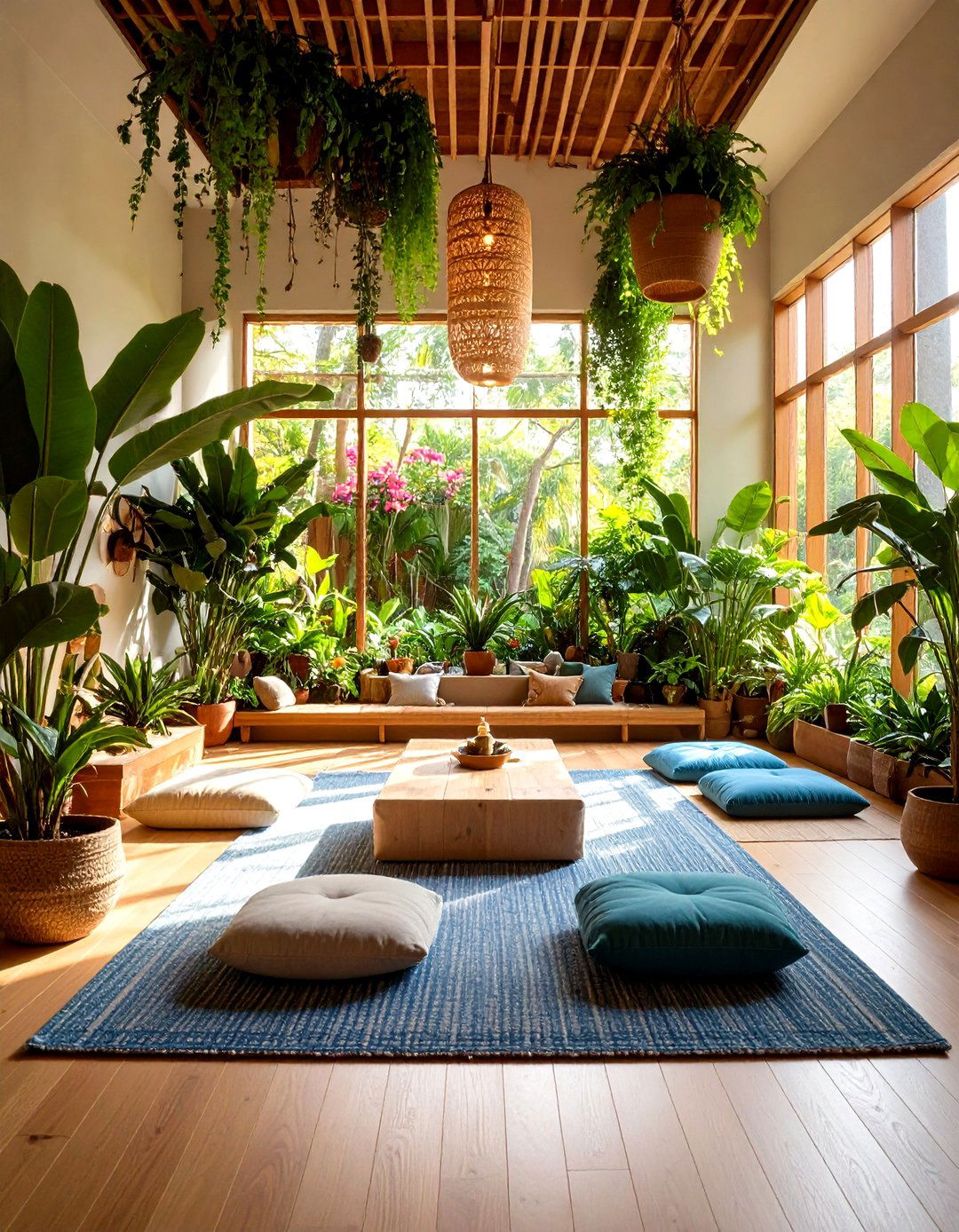
Does surrounding yourself with living greenery amplify meditation's life-enhancing benefits? This indoor garden approach transforms meditation spaces into lush sanctuaries filled with plants that purify air while providing natural beauty. Large floor plants like fiddle leaf figs or monstera create dramatic vertical elements, while hanging plants from macramé holders add layers of green texture. Small succulents and air plants occupy shelves and windowsills, requiring minimal maintenance while maximizing visual impact. Natural light requirements for plants align perfectly with meditation needs, creating symbiotic space design. The presence of living organisms adds vitality and natural energy that many find deeply calming. Plant care routines become mindful activities that extend meditation practice into daily maintenance rituals.
16. Window Seat Meditation Area

Why create meditation space when architectural features already provide perfect contemplative perches? This built-in approach transforms existing window seats into dedicated meditation areas with minimal modification. Plush cushions in calming colors provide comfort for extended sitting periods, while the elevated position offers unique perspectives on outdoor scenery. Storage beneath seats accommodates meditation supplies like cushions, blankets, and books. Natural light streaming through windows eliminates the need for artificial lighting during daytime practice. The connection to outdoor views—whether gardens, streets, or sky—provides dynamic visual meditation that changes with weather and seasons. Reading nooks easily transition to meditation areas, making efficient use of existing architectural features while creating dedicated contemplative space.
17. Altar-focused Meditation Room

What transforms personal meditation into sacred ritual through meaningful object arrangement? This spiritual approach centers the room around a carefully curated altar that holds items of personal or religious significance. The altar table becomes the room's focal point, displaying photographs, statues, crystals, candles, and sacred texts that inspire contemplation. Seating faces the altar, creating clear directional focus for meditation practice. Colors and decorations reflect spiritual traditions or personal beliefs, whether Buddhist, Christian, Hindu, or secular mindfulness approaches. The altar arrangement changes seasonally or for special occasions, keeping the space dynamic and personally relevant. This design works particularly well for those who incorporate prayer, gratitude practice, or spiritual study into their meditation routine, creating seamless integration between contemplative and devotional practices.
18. Cushion Floor Meditation Space

How does ground-level seating transform your relationship with gravity and grounding during meditation? This floor-focused design eliminates chairs and elevated furniture in favor of various cushions, mats, and pillows arranged directly on the floor. Multiple seating options accommodate different meditation postures—cross-legged, kneeling, or lying down for body scan practices. Layered rugs provide softness and define the meditation area, while floor-level tables hold tea, journals, or meditation supplies. The low perspective creates intimacy and connection to earth energy that many find stabilizing. Storage solutions include floor baskets and low shelving that maintain the horizontal emphasis. This approach appeals to those drawn to traditional meditation postures and the humble, grounded feeling that floor seating naturally cultivates.
19. Aromatherapy Meditation Room

Can scent become the pathway to deeper meditative states when every breath enhances your practice? This sensory-focused design integrates essential oil diffusers, incense holders, and aromatic plants to create layered fragrance experiences that support different meditation goals. Energizing scents like peppermint and citrus enhance morning practice, while calming lavender and chamomile promote evening relaxation. Reed diffusers provide continuous subtle fragrance, while manual diffusers allow scent control during specific sessions. Proper ventilation ensures scents enhance rather than overwhelm the experience. Plants like jasmine, gardenia, or herbs contribute natural fragrance while purifying air. Storage for various oils and incense keeps options organized and accessible. The intentional use of aromatherapy transforms breathing—meditation's foundation—into a multi-sensory experience that engages both body and mind.
20. Sound Healing Meditation Studio
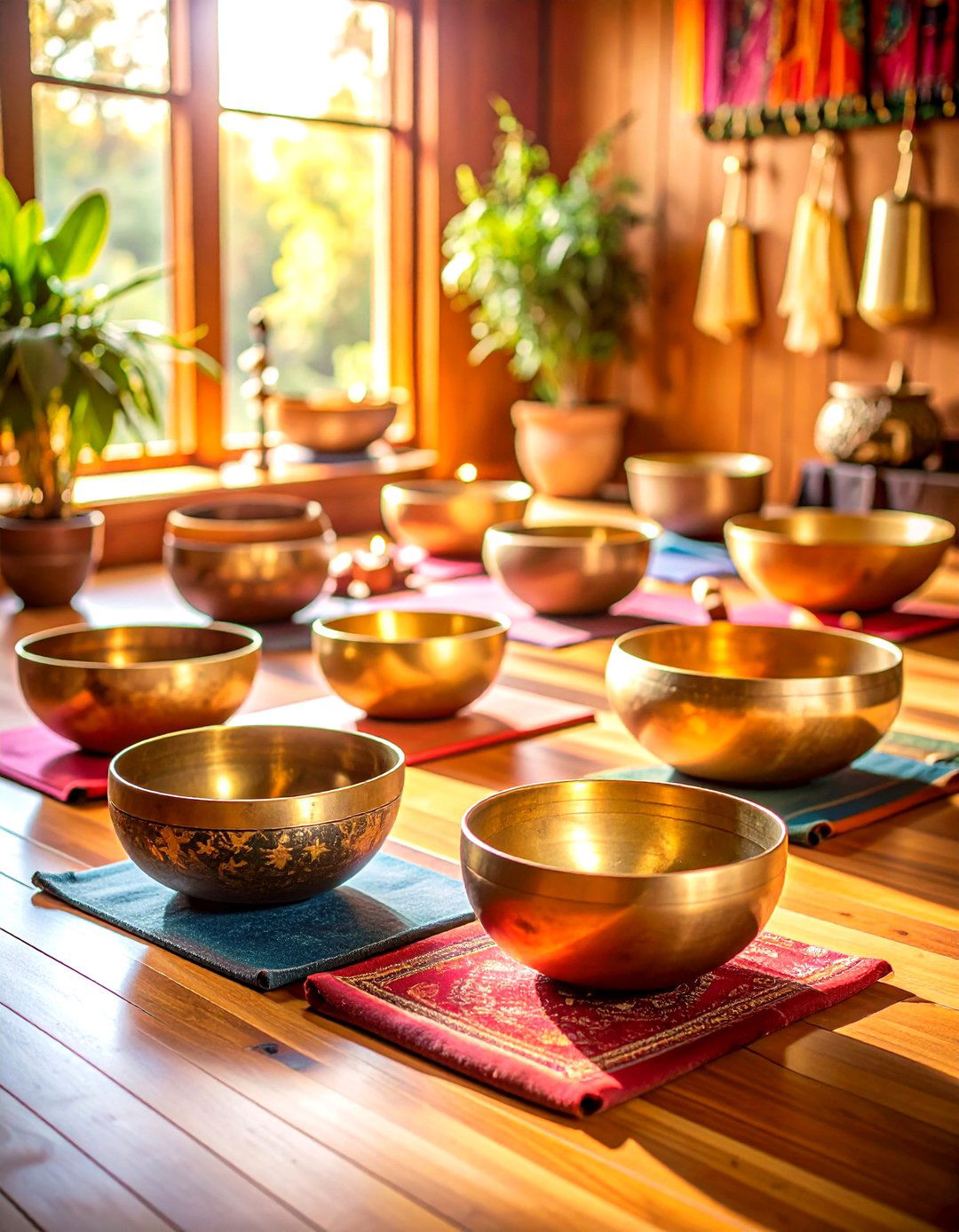
What happens when your meditation space becomes an instrument for healing vibrations and acoustic therapy? This audio-focused design incorporates singing bowls, chimes, and acoustic elements that transform sound into meditation tools. Proper acoustics through sound-absorbing materials prevent echo while allowing clear tone resonance. A dedicated area displays various instruments—Tibetan singing bowls, crystal bowls, rain sticks, and chimes—within easy reach of seating areas. Sound equipment for guided meditations or healing frequencies requires careful placement to avoid visual distraction. The room's acoustic properties become as important as visual elements, with materials and shapes chosen to enhance rather than muddy sound quality. This approach appeals to those who respond strongly to auditory meditation techniques or who practice sound healing for themselves or others.
21. Reading Meditation Retreat
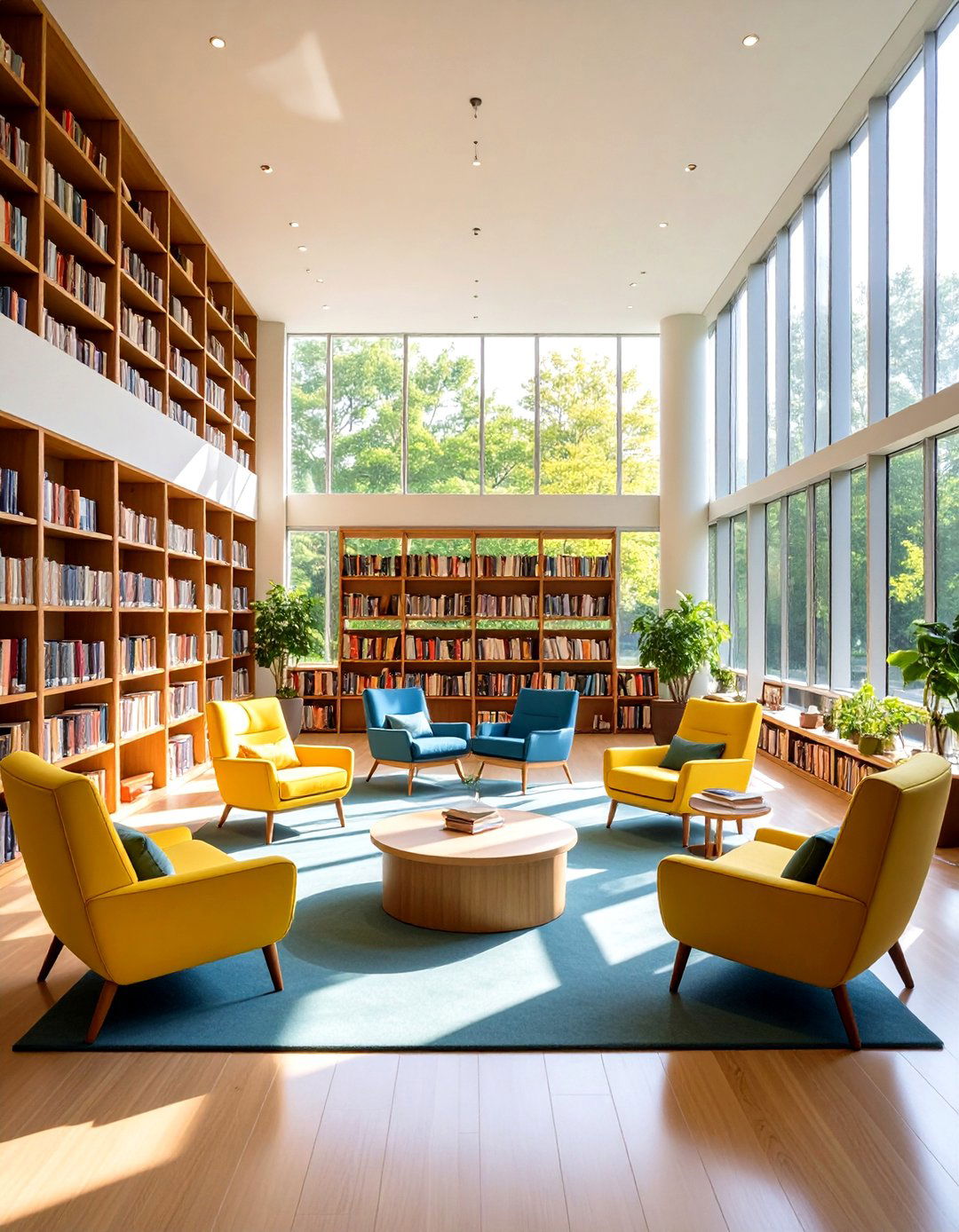
Can books and contemplation create synergistic environments where wisdom and mindfulness unite? This literary approach combines meditation seating with carefully chosen spiritual and philosophical books that inspire contemplative practice. Floor-to-ceiling bookshelves display texts on meditation, spirituality, philosophy, and wisdom traditions from various cultures. Comfortable reading chairs transition seamlessly to meditation postures, while good lighting supports both activities. Small tables hold journals for recording insights from both reading and meditation sessions. The presence of accumulated wisdom creates an atmosphere of learning and growth that extends meditation beyond sitting practice. Book selection becomes curatorial practice, with texts chosen specifically for their ability to deepen understanding of contemplative traditions. This design works particularly well for those who combine study and meditation as complementary spiritual practices.
22. Yoga Meditation Combo Space
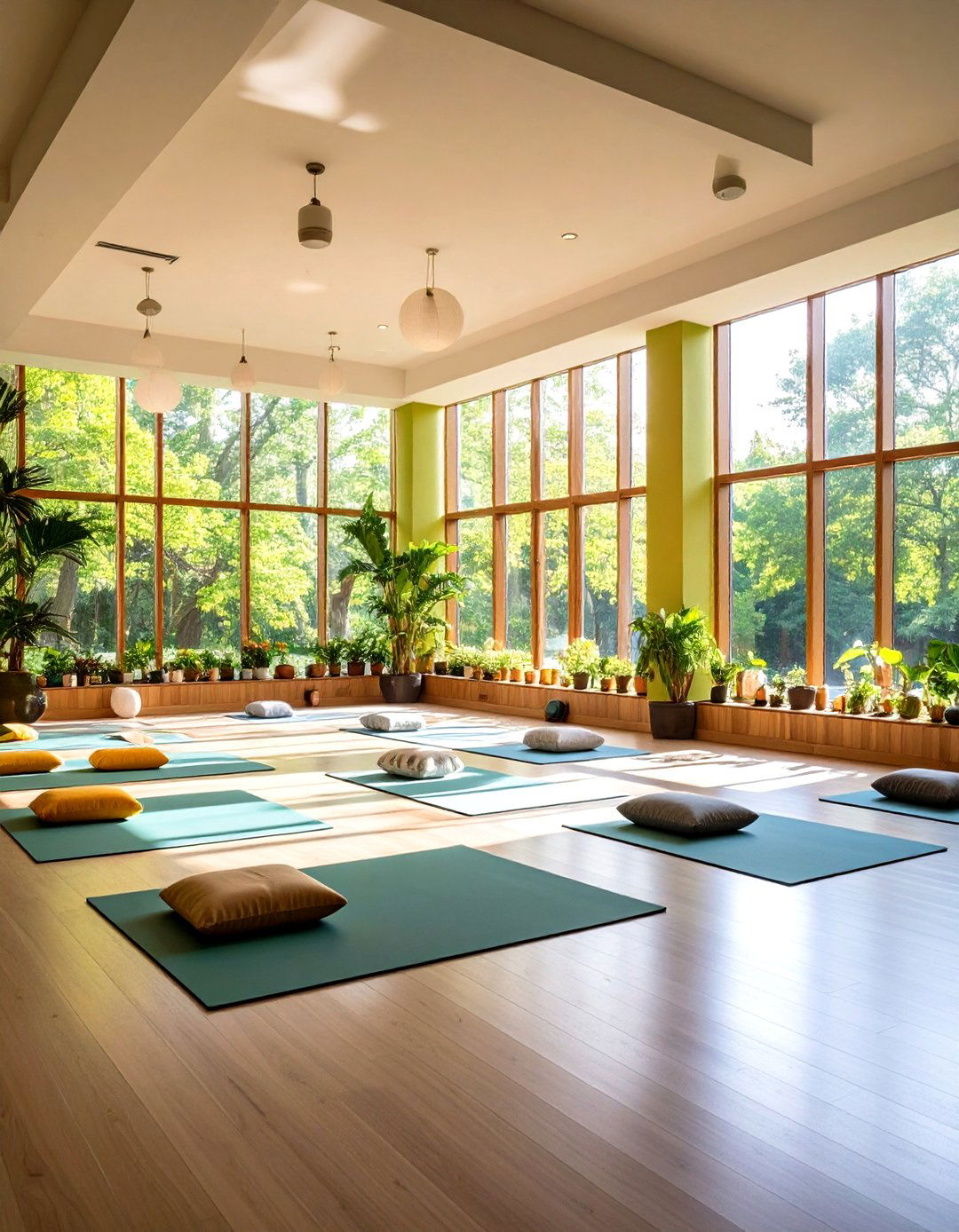
Why separate movement and stillness when both serve the same consciousness-expanding goals? This versatile design accommodates both yoga practice and seated meditation within the same space. Open floor areas allow for yoga sequences, while designated seating areas support meditation practice. Mirrors can be covered during meditation to prevent distraction, then revealed for yoga alignment. Storage solutions hold both meditation cushions and yoga props—blocks, straps, and bolsters. The room transitions easily between movement and stillness, supporting practitioners who view physical and mental practices as interconnected. Proper flooring—typically yoga mats over hardwood—provides stability for both activities. This integrated approach appeals to those who appreciate the complementary nature of physical and mental cultivation, creating unified space for holistic wellness practices.
23. Spiritual Meditation Sanctuary
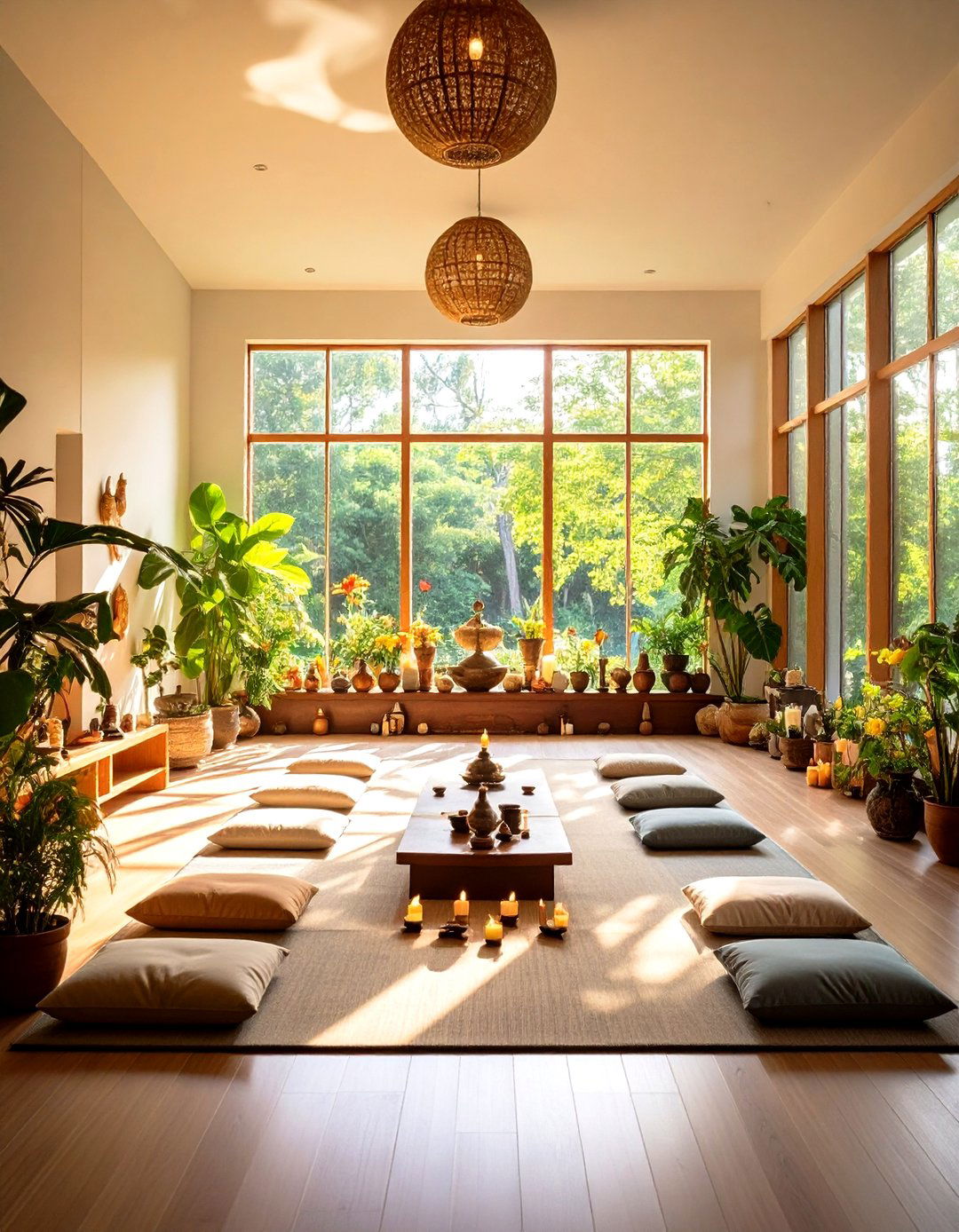
How does honoring specific religious traditions enhance meditation practice through familiar symbols and sacred elements? This faith-based approach incorporates elements from particular spiritual traditions—whether Christian, Buddhist, Hindu, Islamic, or other paths—to create meditation space that honors established wisdom practices. Religious artwork, statuary, and symbols create visual connections to broader spiritual communities and teachings. Prayer beads, sacred texts, and traditional meditation tools reflect specific contemplative traditions. Colors and decorations align with religious significance—saffron and gold for Buddhist spaces, earth tones for Native American traditions, or whatever resonates with personal faith. This design serves those who view meditation as part of established spiritual practice rather than secular wellness technique, creating continuity between personal contemplation and community worship.
24. Multi-purpose Meditation Area
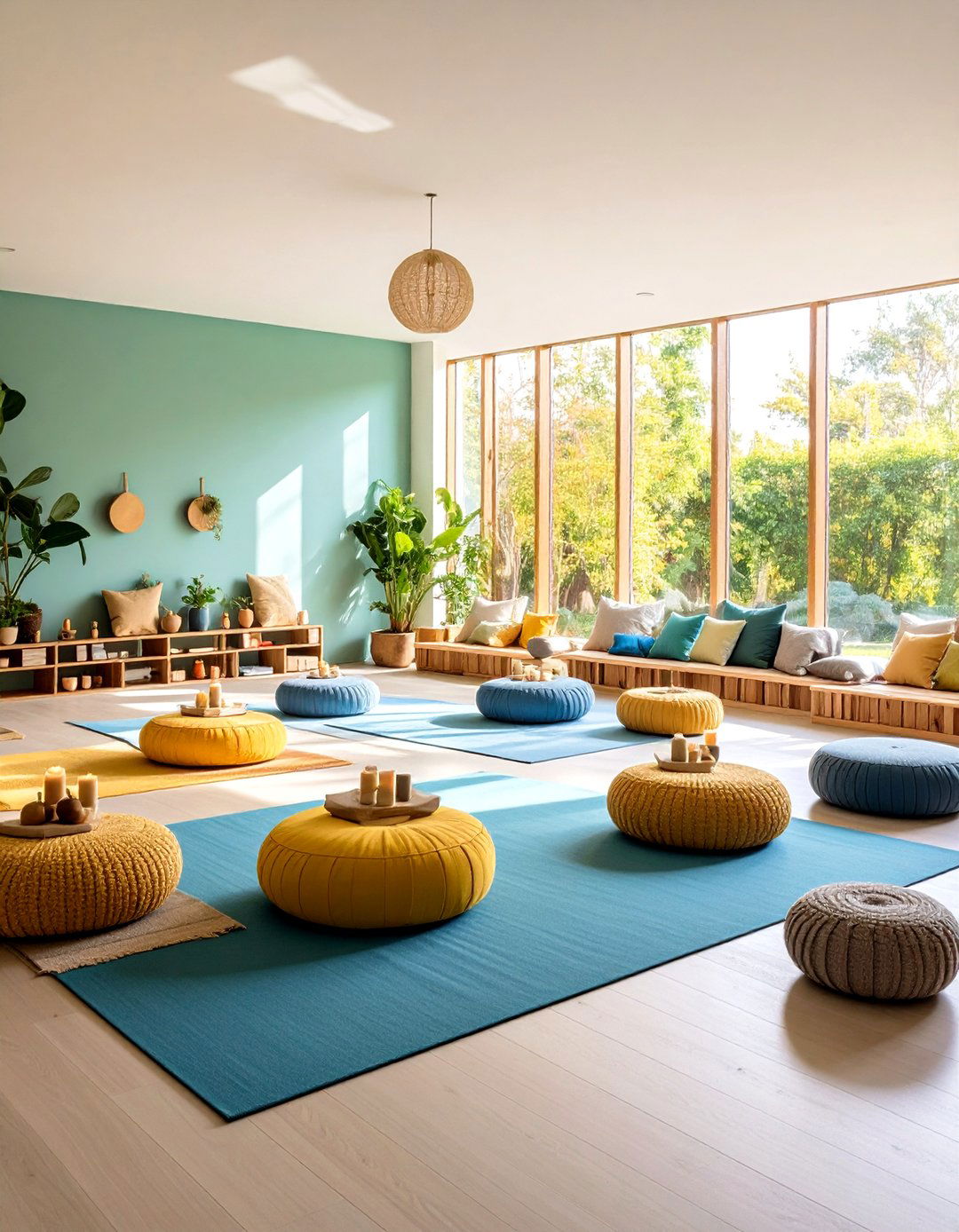
What innovative solutions serve meditation needs while respecting space limitations and family requirements? This adaptable design creates meditation functionality within rooms that serve multiple purposes throughout the day. Furniture serves double duty—storage ottomans hide meditation supplies, while folding screens create temporary privacy. Quick-setup solutions include meditation kits stored in baskets that transform any room corner into contemplative space. Lighting options provide meditation ambiance without interfering with room's primary function. Family schedules coordinate to ensure meditation time remains protected despite shared space usage. This practical approach recognizes that not everyone has luxury of dedicated meditation rooms, while proving that consistent practice depends more on commitment than perfect conditions. Creative storage and boundary solutions make meditation accessible within real-world living constraints.
Conclusion:
The journey toward creating your ideal meditation space ultimately reflects your personal path toward inner peace and mindful living. These 24 meditation room ideas demonstrate that contemplative practice adapts to any environment, budget, or lifestyle constraint. Whether you choose minimalist Zen aesthetics, embrace bohemian creativity, or integrate meditation into existing living spaces, the most important element remains your commitment to regular practice. Successful meditation rooms share common principles—reduced distractions, comfortable seating, appropriate lighting, and personal meaning—while expressing individual preferences through color, texture, and spiritual elements. The physical space you create serves as both sanctuary and tool, supporting your meditation journey while reflecting your unique relationship with mindfulness. Start with simple changes like adding a meditation cushion to a quiet corner, then evolve your space as your practice deepens and your needs clarify. Remember that the most beautiful meditation room means nothing without consistent use, while the simplest corner can become profoundly sacred through regular contemplative practice.


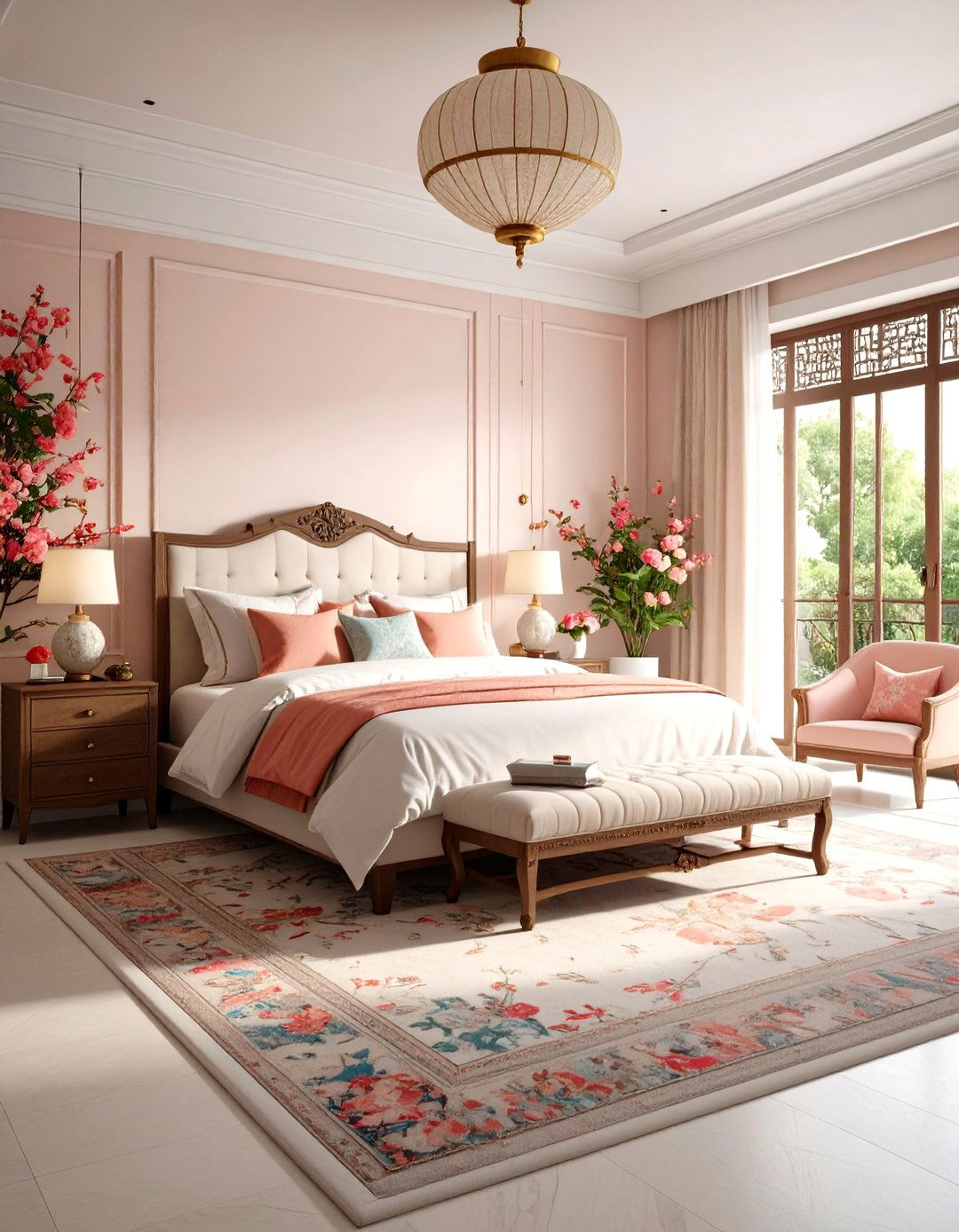
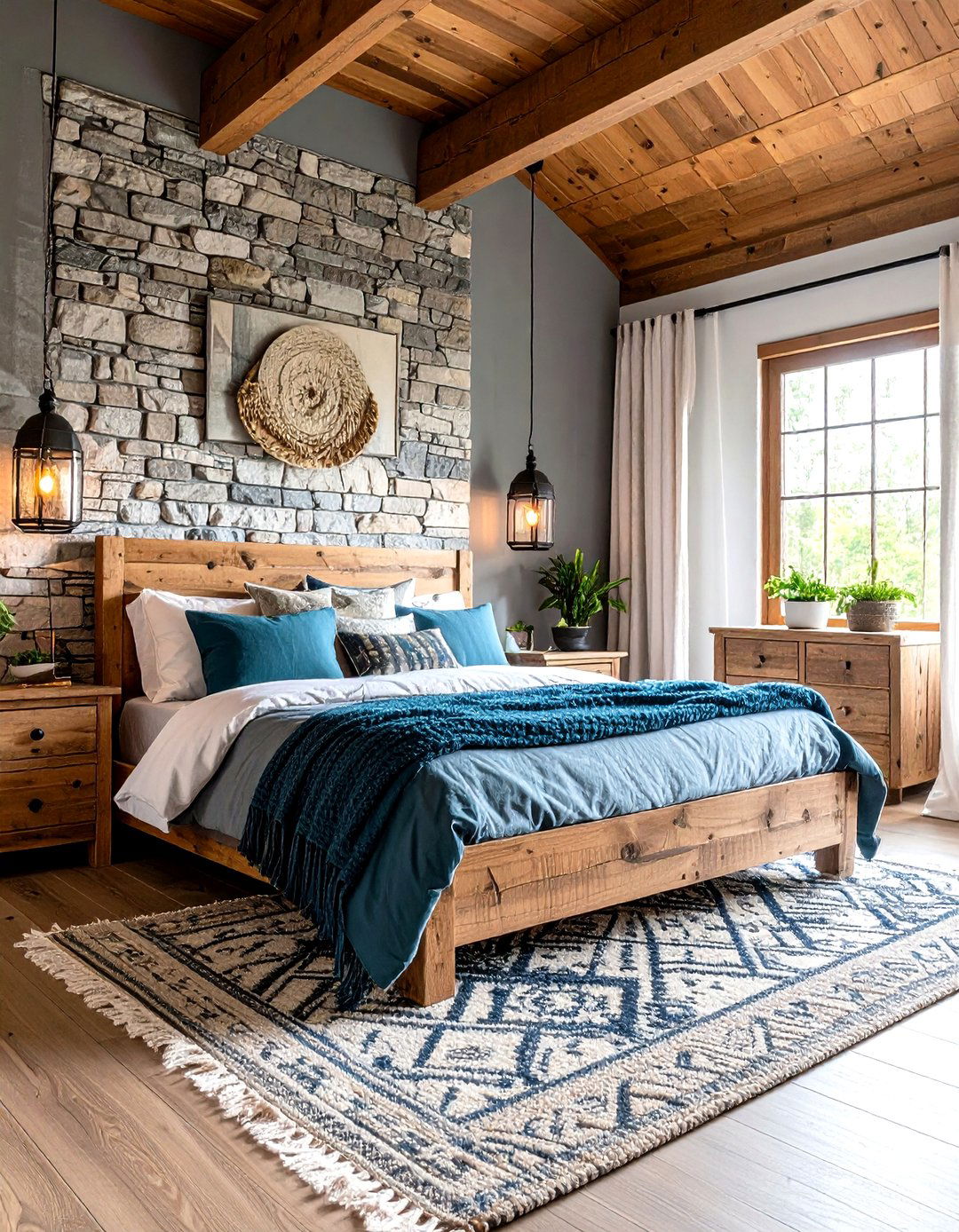
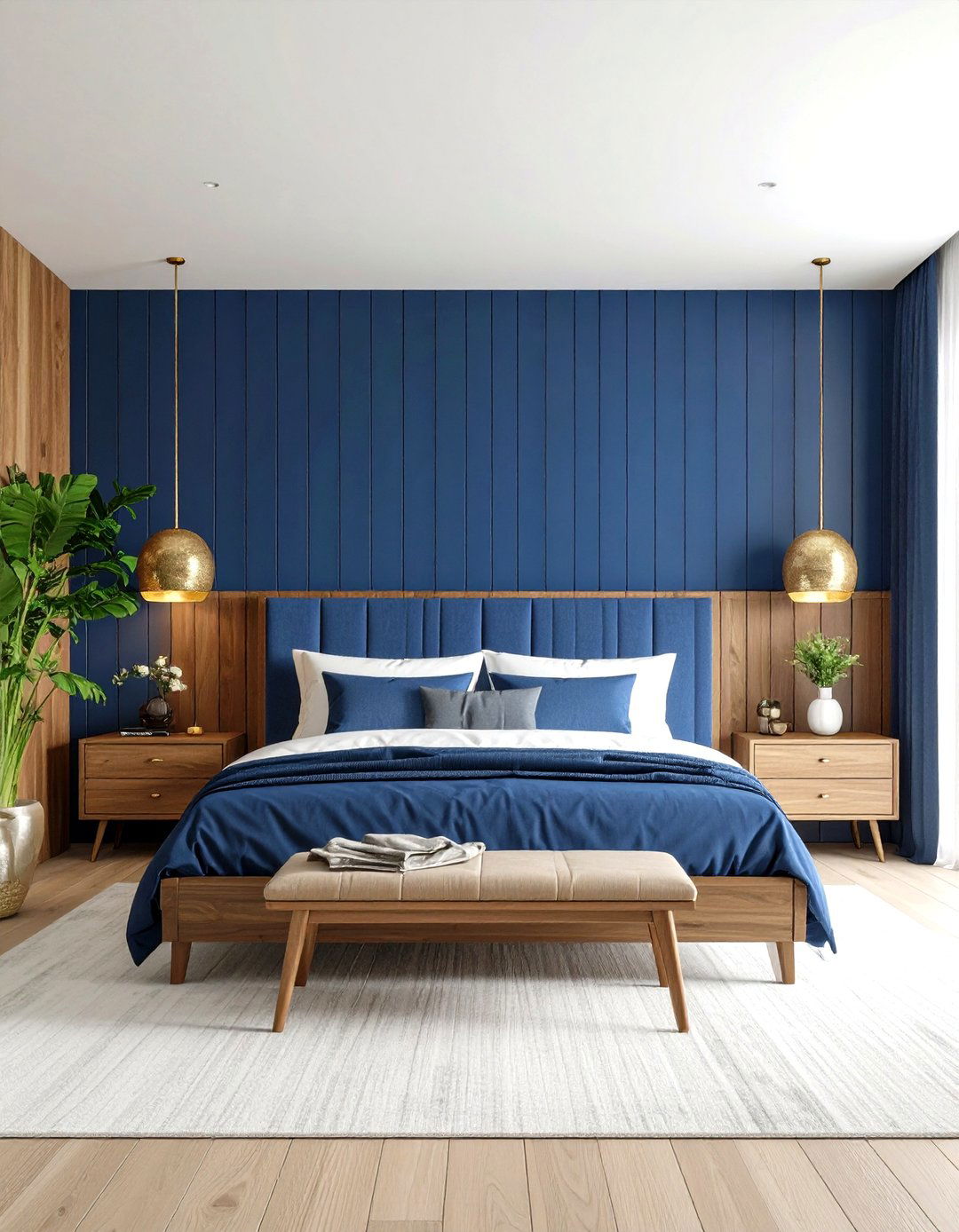
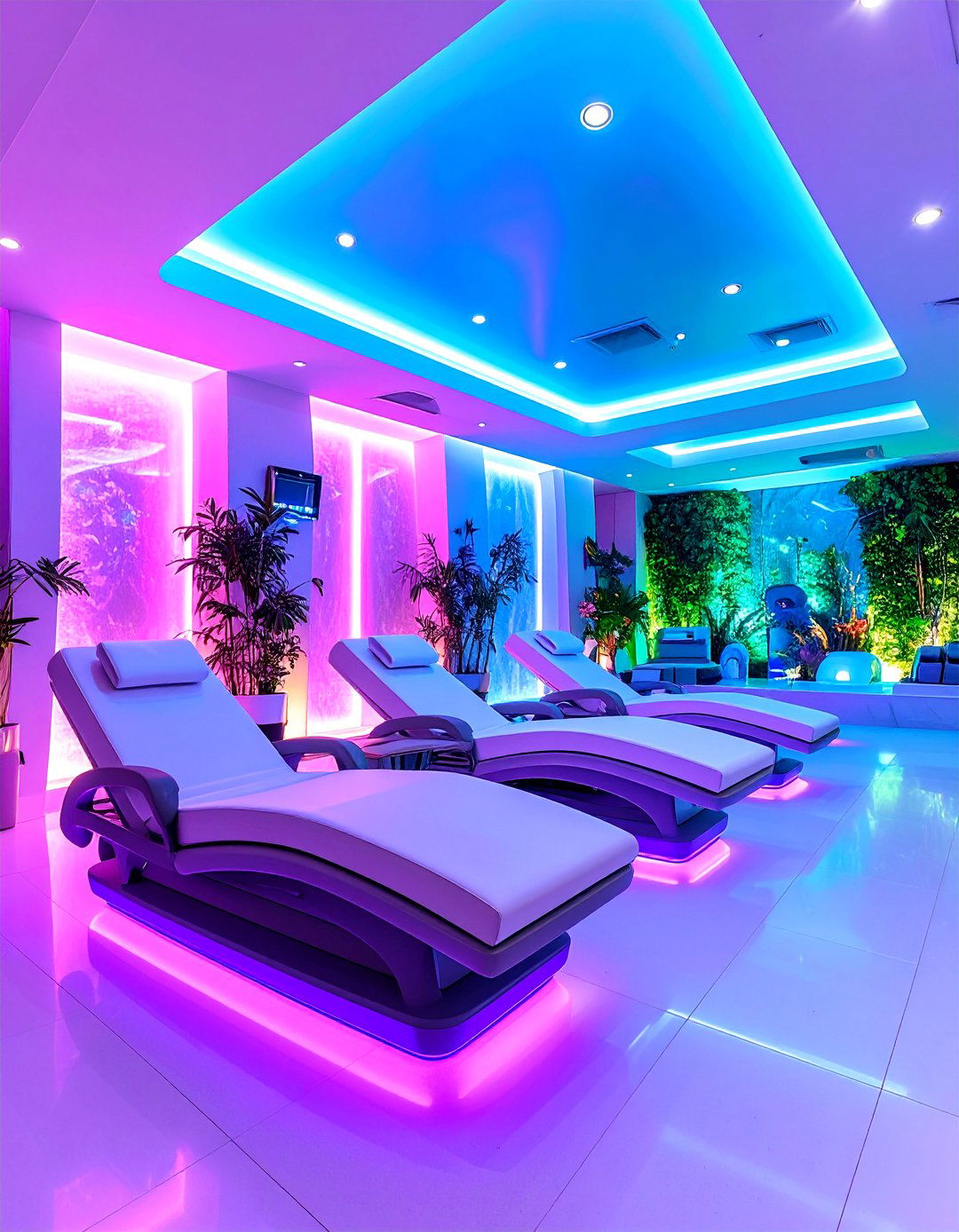
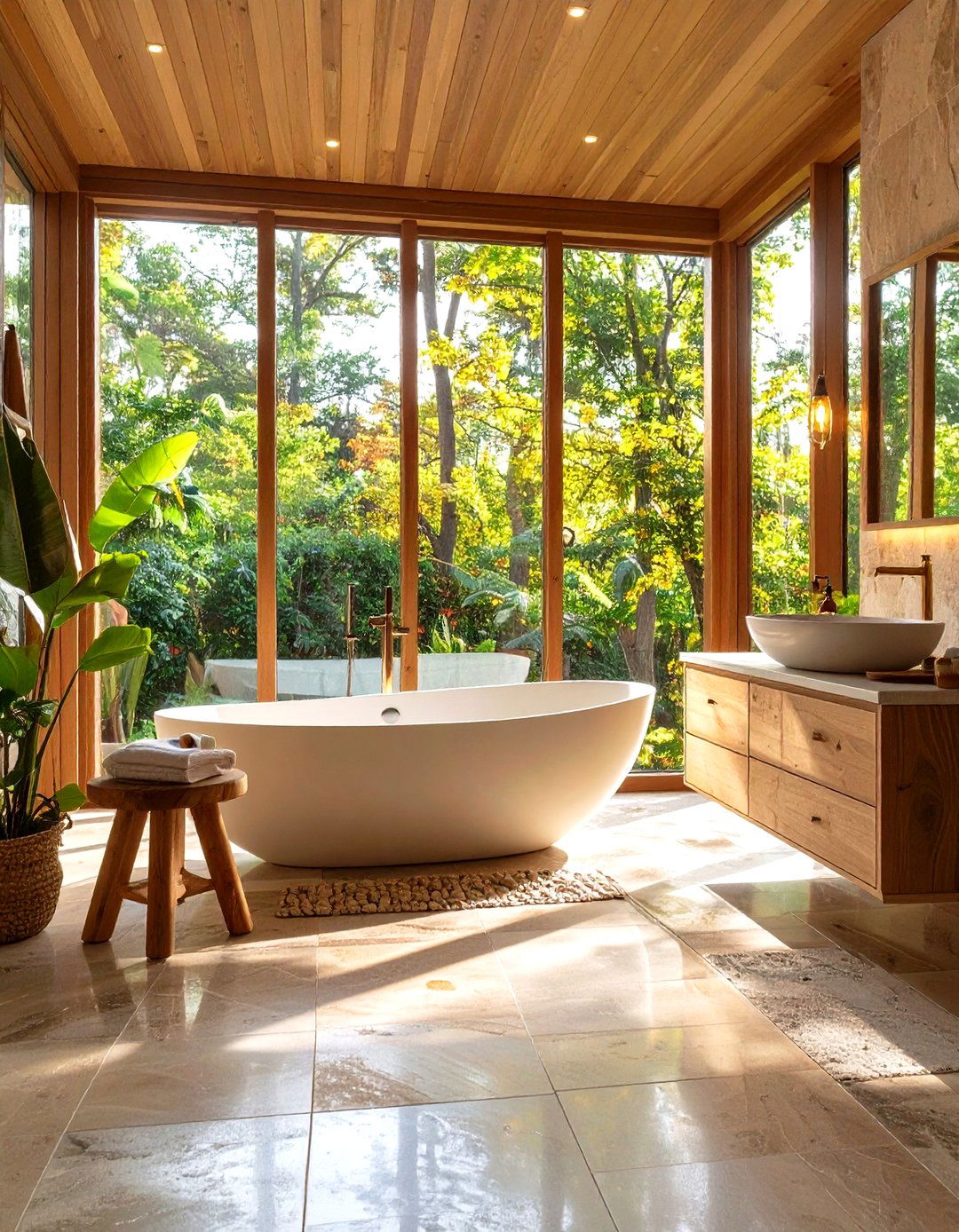

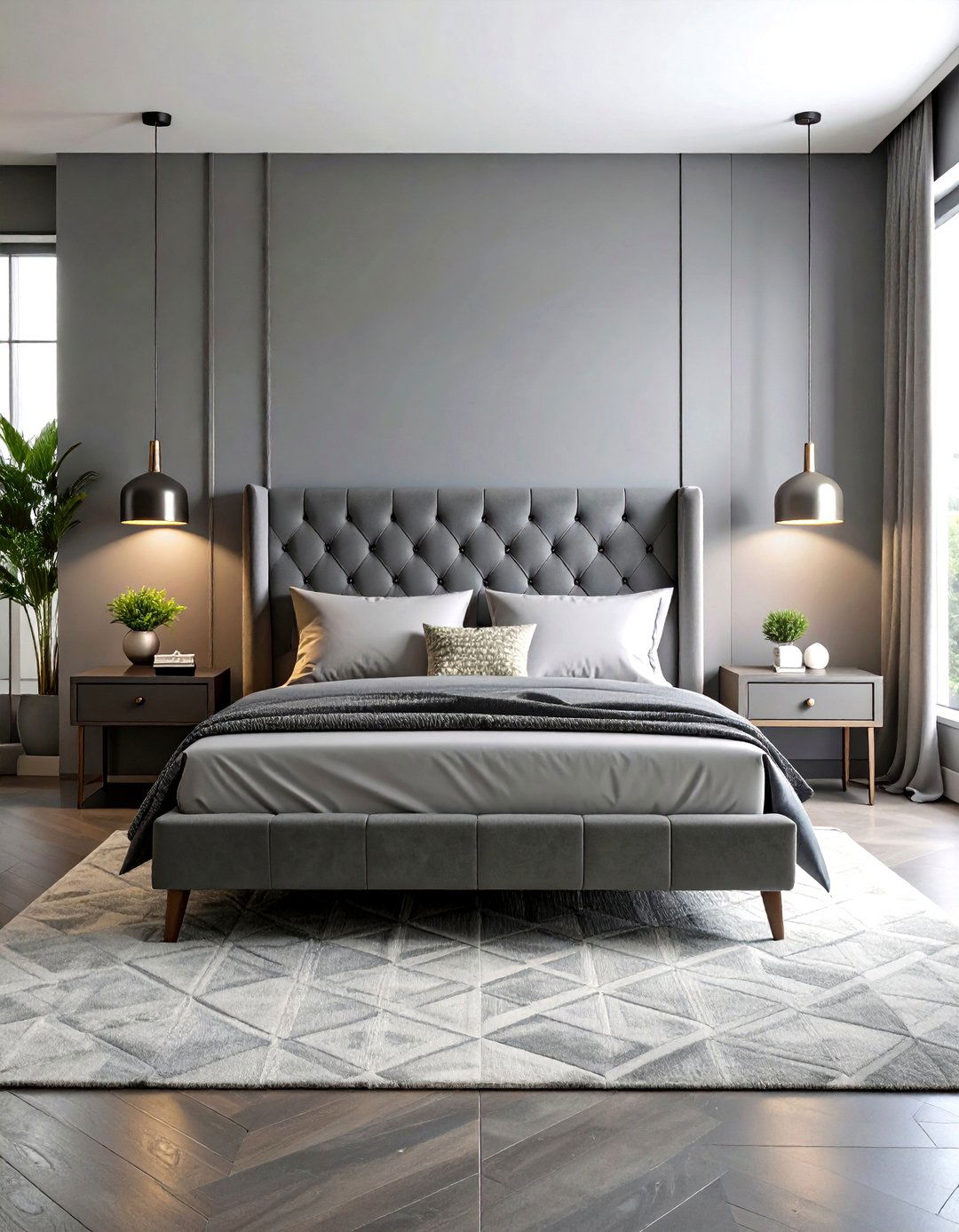
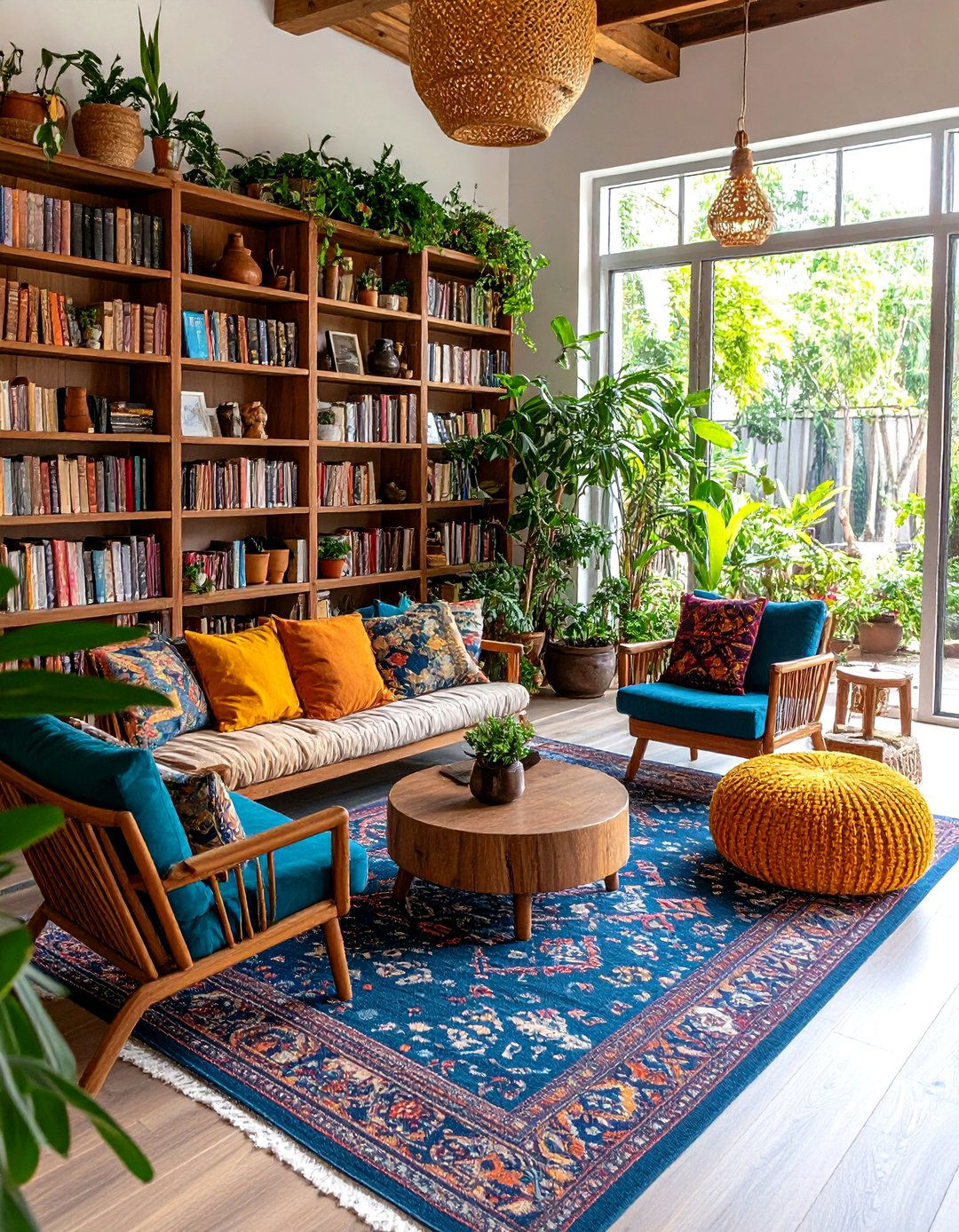
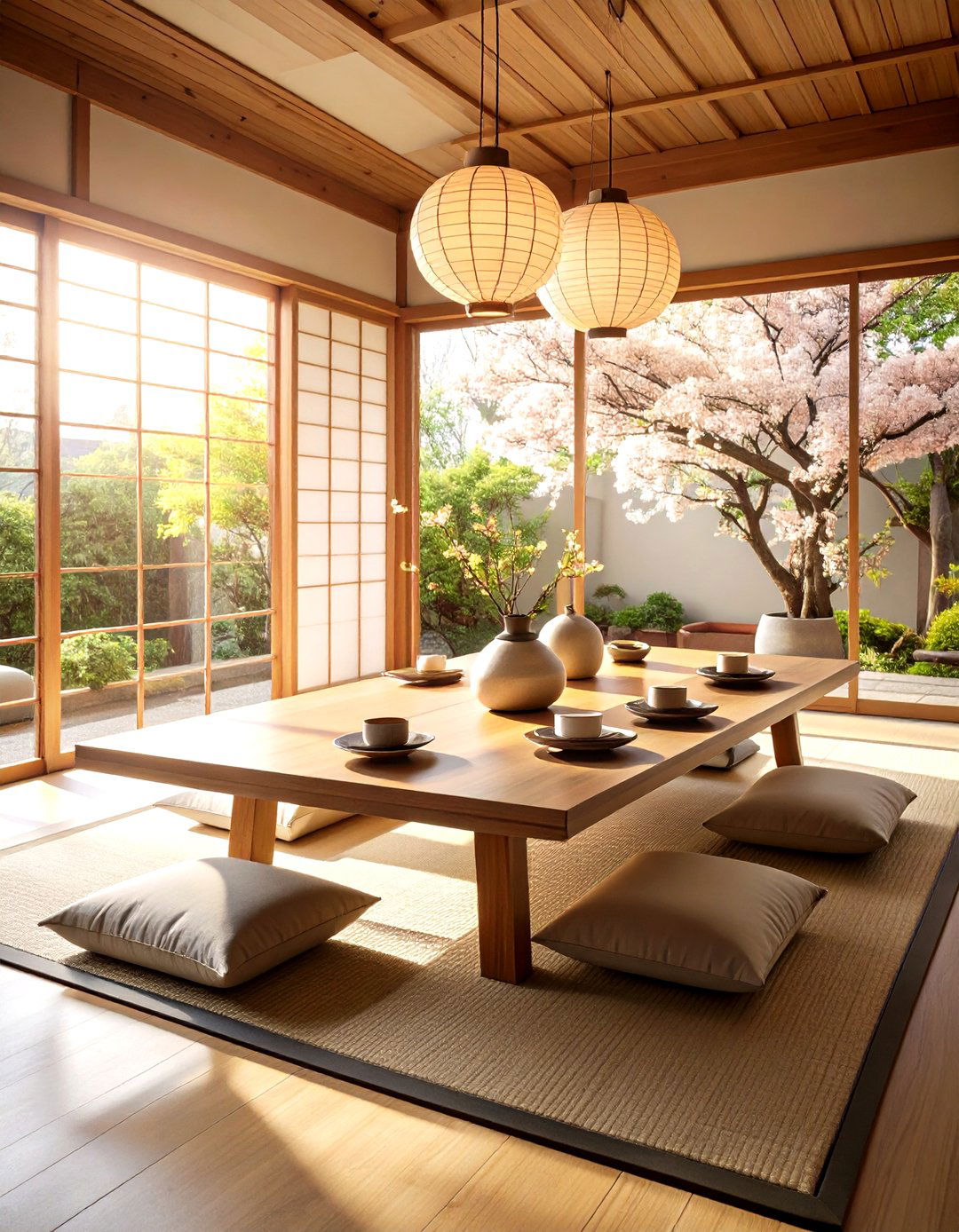
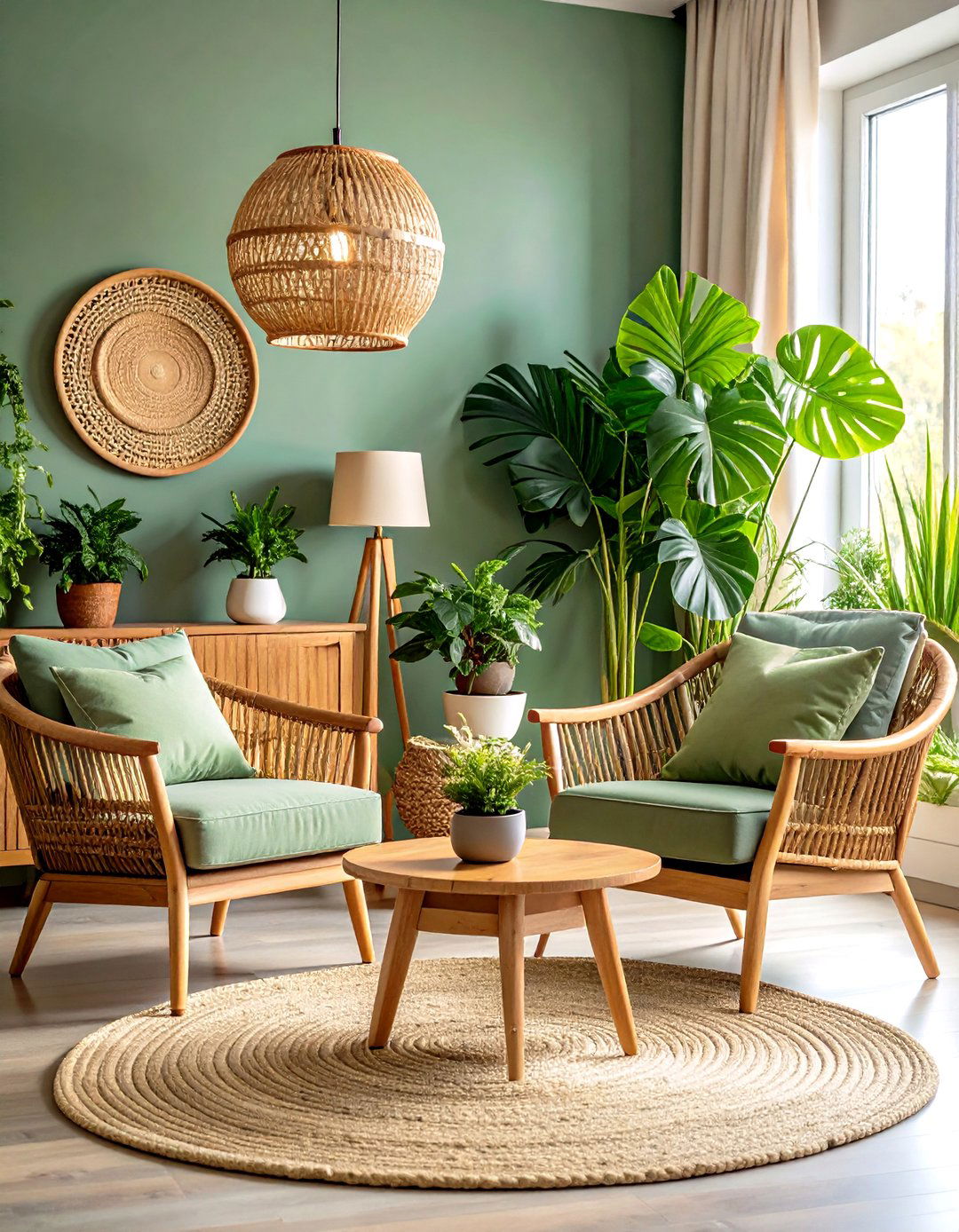

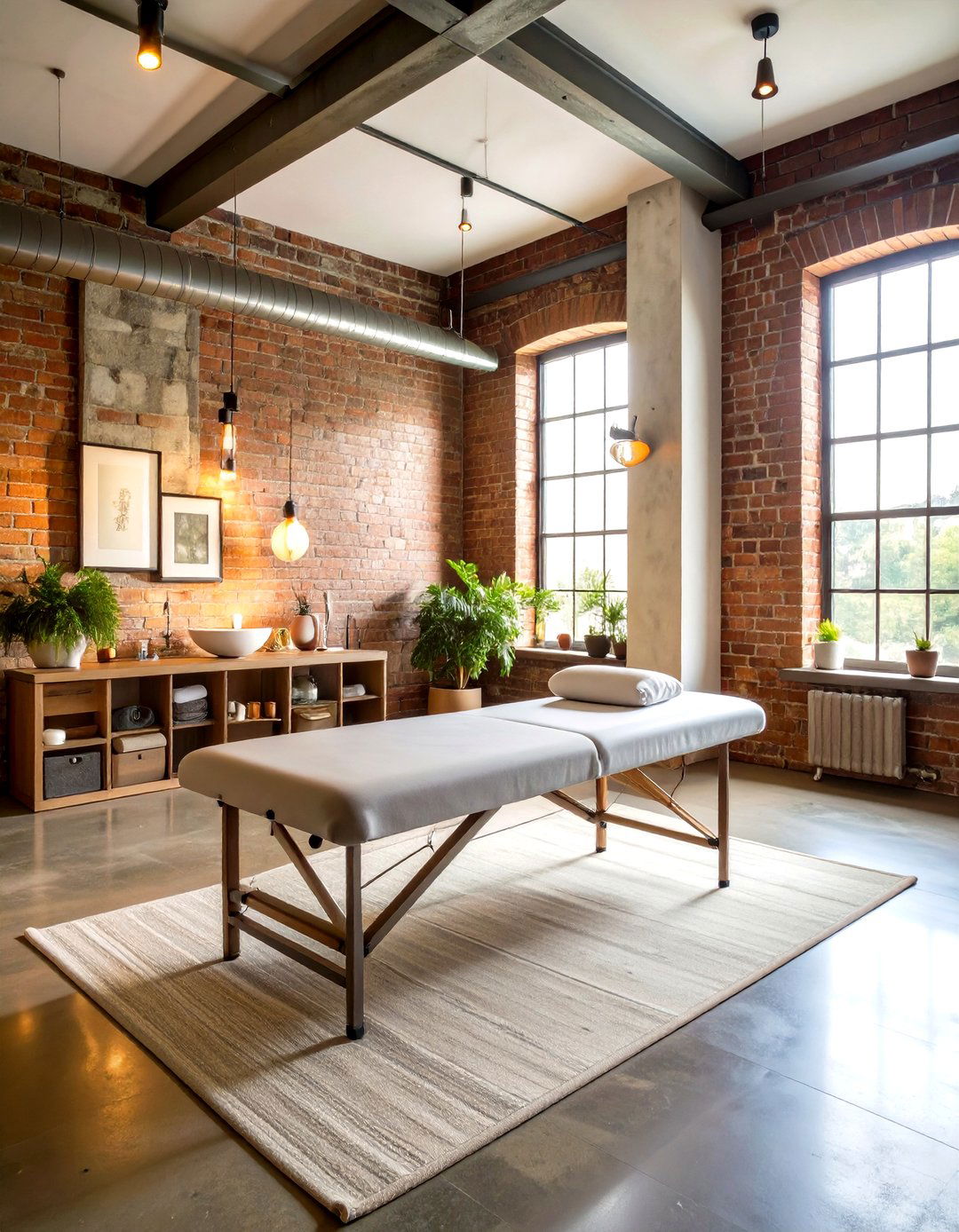
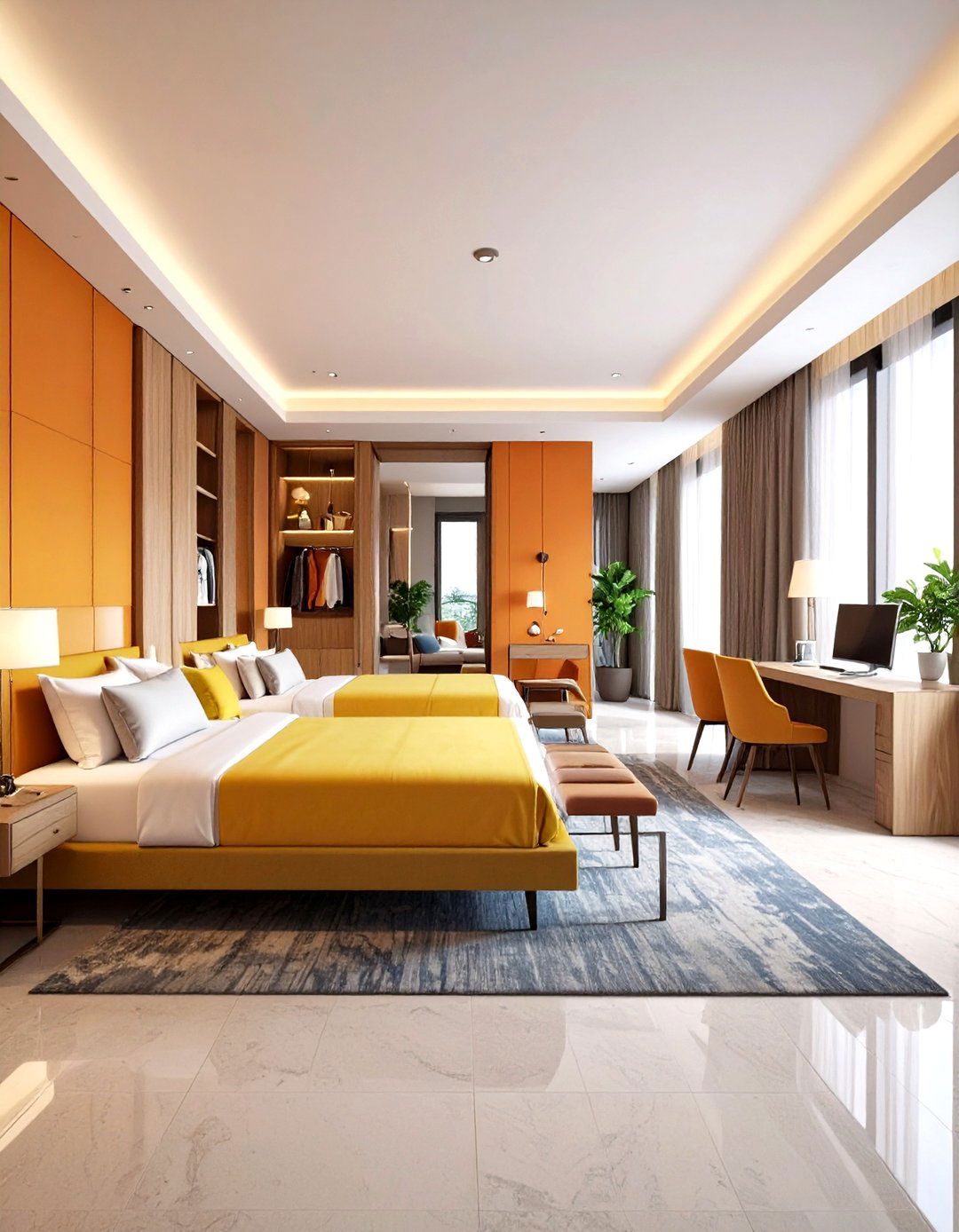
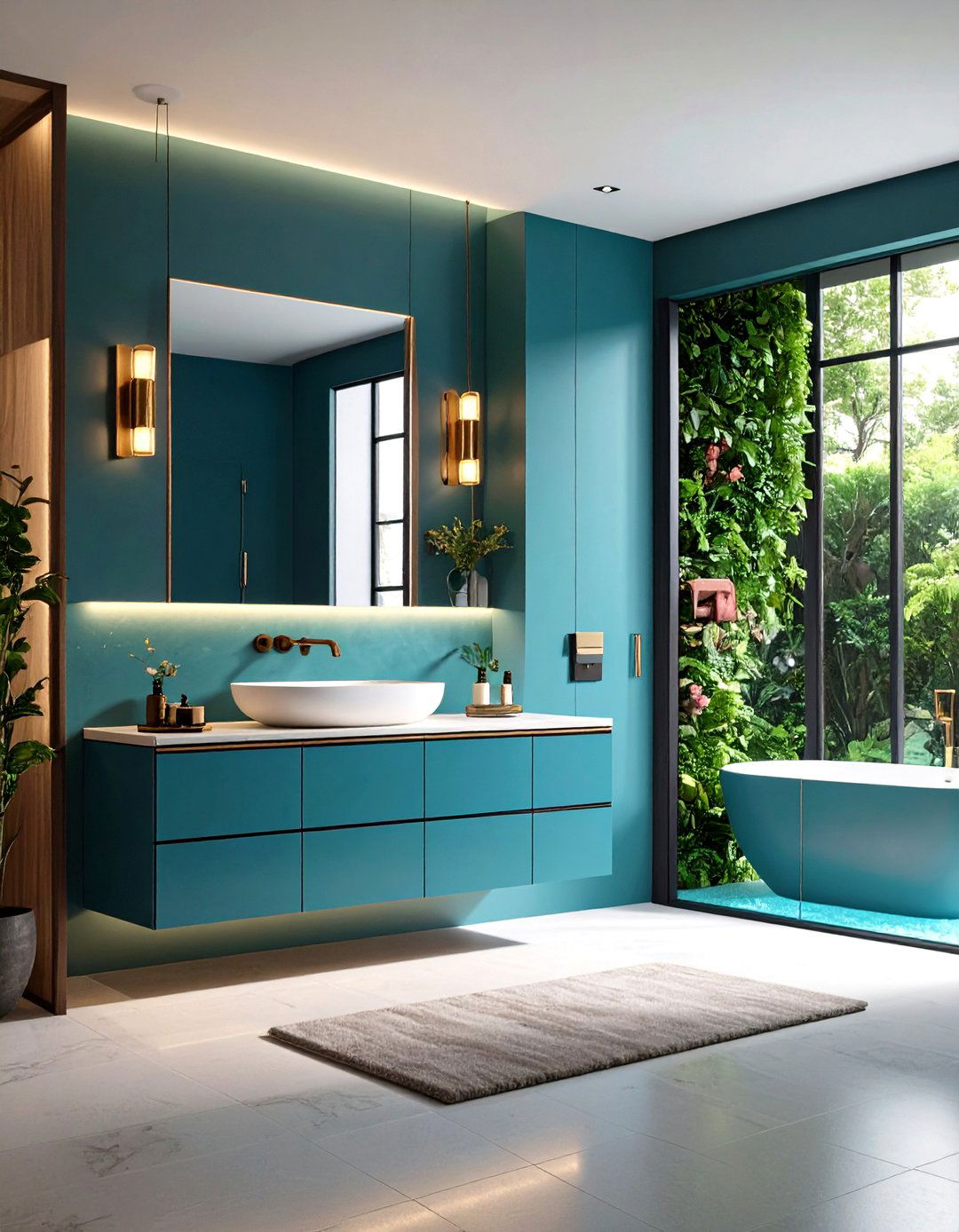

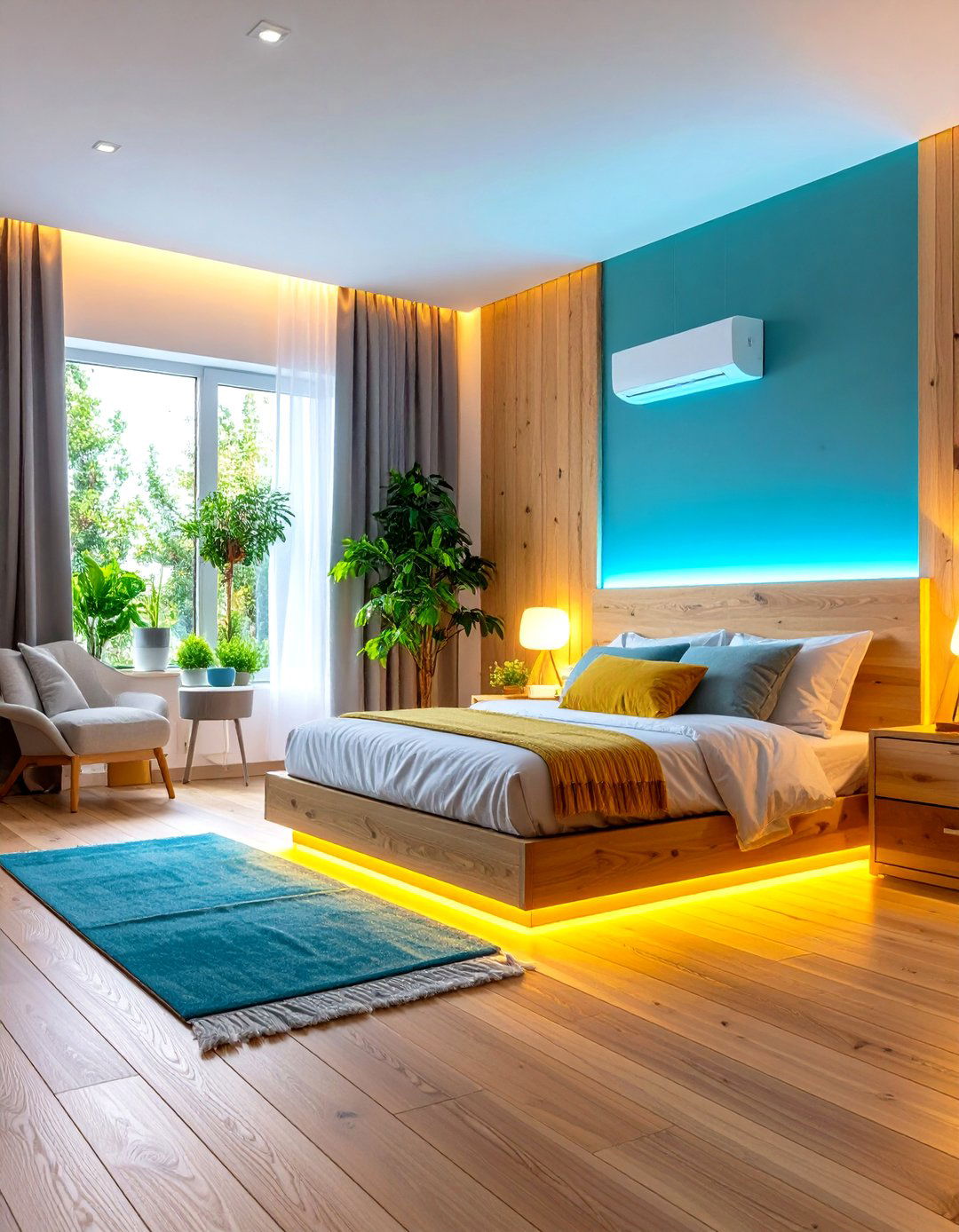


Leave a Reply